Annual and Sustainability Report
Operation and community
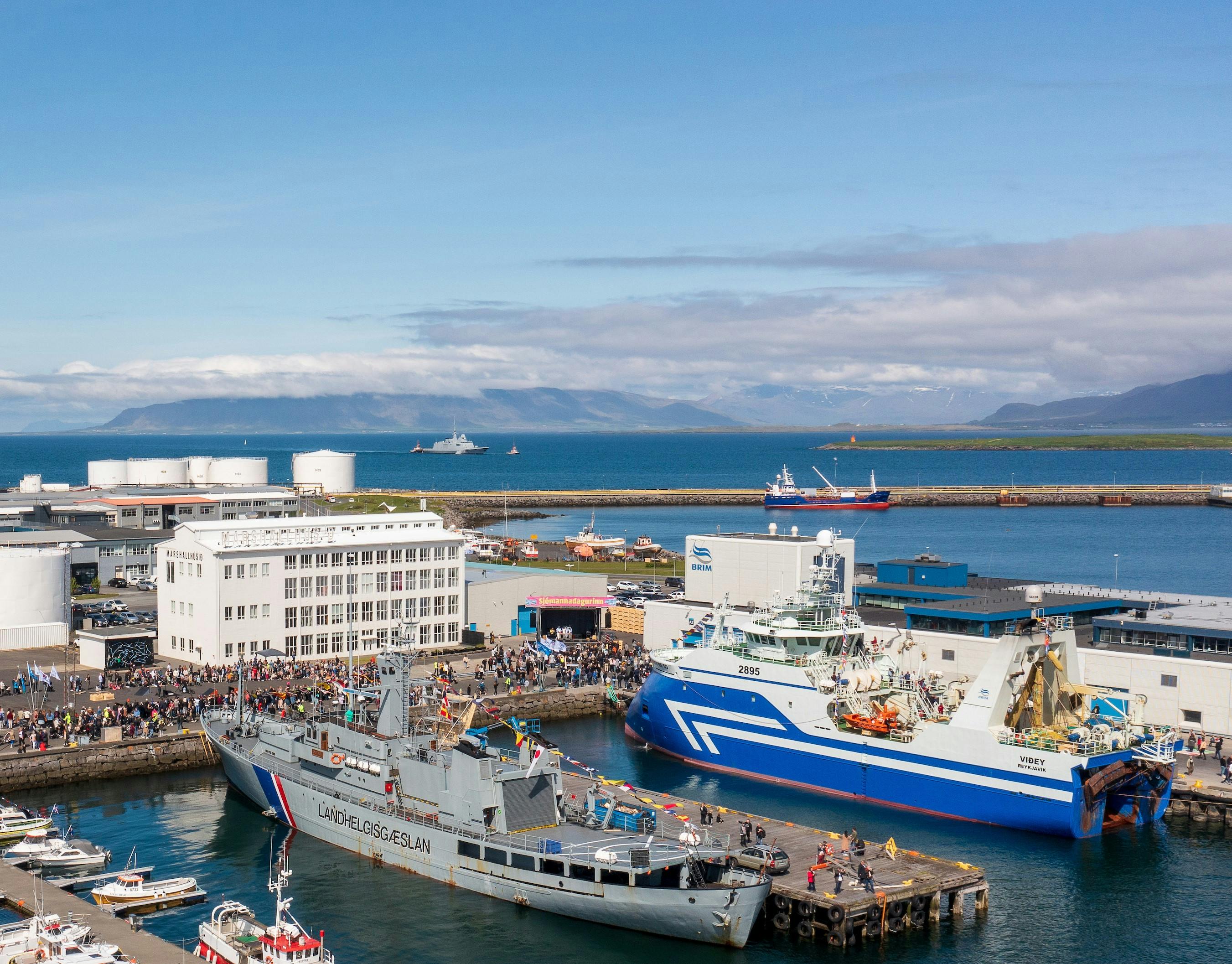
2023 at a Glance
Brim is one of Iceland’s largest fisheries companies. The company's turnover in 2023 was €437.2m, compared to €450.9m in 2022.
The number of full-time employees of Brim and its subsidiaries was 694 on average, a decrease of 18 from the previous year. Jobs are spread out over the entire value chain, i.e. fishing, processing, sales and distribution of the company’s products, innovation and human resources. Brim has operating units in Reykjavík, Akranes, Vopnafjörður and Hafnarfjörður, and the company’s headquarters are in Norðurgarður in Reykjavík. An average of 10 fishing vessels were in operation during the year, including the longliner Kristján. The company is listed in the main market of the Icelandic Nasdaq exchange, and there were 1,876 shareholders at year-end 2023, which is an increase of 20 between years.
- Total groundfish fishing increased slightly and was 43,545 tonnes against 42,965 tonnes in 2022. Thereof, the total catch of trawlers was 41,779 tonnes, and was 41,225 tonnes in 2022. Groundfish catch for processing in Norðurgarður in Reykjavík and Kambur in Hafnarfjörður was 25,475 tonnes, compared to 26,629 tonnes.
- The total catch of the pelagic vessels Venus, Víkingur, and Svanur was similar between years, or 152,000 tonnes, compared to 151,000 tonnes the previous year. Frozen pelagic products amounted to 27,686 tonnes, while the fishmeal factories received 151,833 tonnes.
- The Brim School was launched and its goal is to support skills, education and professional development. Health promotion was implemented on Brim's vessels, with the goal of a healthy lifestyle for the staff. The annual Safety Day took place in January and employees received education and training on workplace communication.
- Brim participated in various celebrations for the public, including in connection with Seaman's Day and the lighting of the Hamburg tree. Various staff events also took place, e.g. a family day, a golf tournament, and a Christmas event.
- Brim and Akraneskaupstaður signed an agreement on the continuation of the activities of Breið Development until the year 2026. Almost 100 people have work facilities in the Breið Innovation Centre.
- Brim confirmed the purchase of Fiskhúsið in the centre of Vopnafjörður, with community development in Vopnafjörður as a guiding light. At the same time, Brim’s forestry project at Torfastaðir began. Its objective is the construction of outdoor paths and the production of certified carbon units that will contribute to carbon neutrality, and early this year a declaration of intent was signed with Vopnafjarðarhreppur and the Ministry of the Environment, Energy and Climate on carbon neutrality in the municipality.
- Transactions related to Brim's purchase of a 50% share in Polar Seafood Denmark were completed in April when all reservations were met. Brim also entered into an agreement to purchase Sjávarsýn ehf.’s 10.83% share in Iceland Seafood International hf. during the year. Brim participated in the share offering of Iceland Seafood International hf. in December 2023 and owned 11.43% of the company's capital at the end of the year.
- Brim signed an agreement for a €220m syndicated loan, with sustainability metrics, to refinance older loans. Lenders were Rabobank, Nordea and DNB.
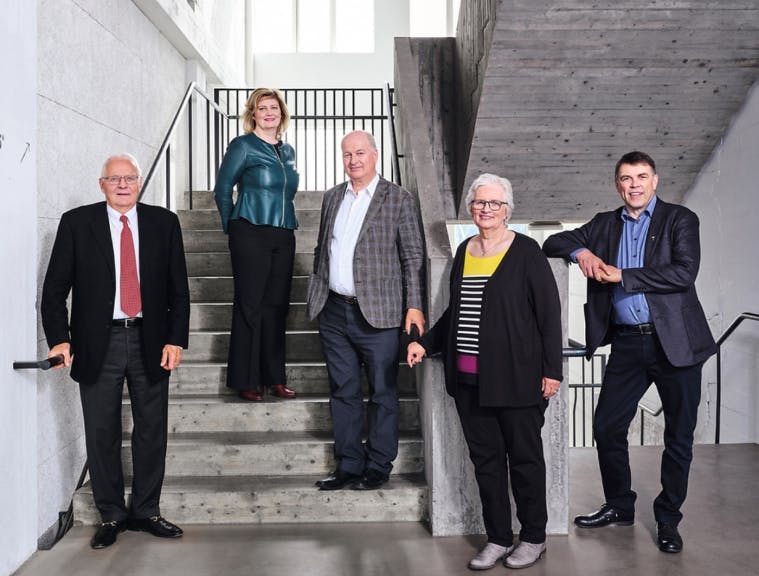
Board of Directors and Corporate Governance
Brim’s Board of Directors consists of five people who are elected at the company’s Annual General Meeting each year.
Brim’s Board of Directors from the 2022 AGM:
- Kristján Þ. Davíðsson, Chairman
- Anna G. Sverrisdóttir, Vice-Chairman
- Hjálmar Kristjánsson
- Kristrún Heimisdóttir
- Magnús Gústafsson
Further information about the Board of Directors can be found on the company’s website, which also includes the company’s articles of association, rules of procedure, governance statement, remuneration policy and other company policies. They are also available to employees on Brim's internal website, where policy changes are announced when they occur.
Board and Governance
Executive Board
Brims executive board in 2023, was made up of the following members:

Guðmundur Kristjánsson
Chief Executive Officer, CEO
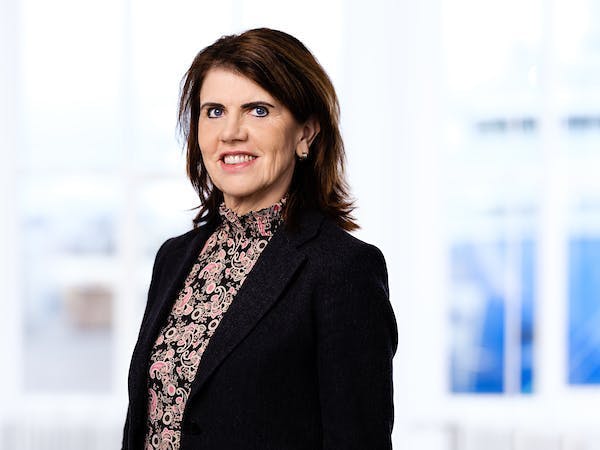
Inga Jóna Friðgeirsdóttir
Chief Financial Officer, CFO
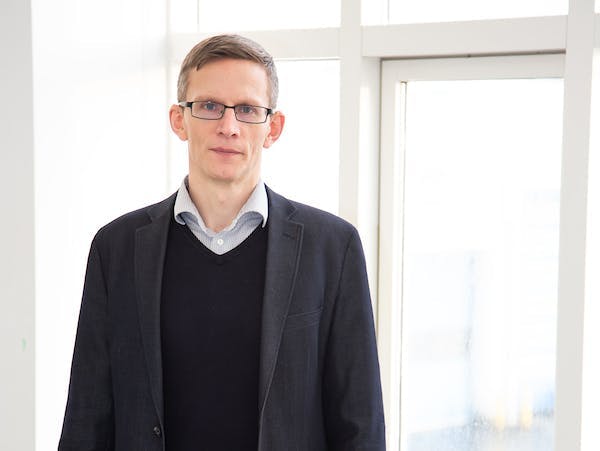
Sveinn Margeirsson
Chief Innovation Officer - CIO
Board and Governance
Shareholders
Registered share capital of Brim hf. was ISK 1,956 million at the end of 2023. At the end of the year, the company owned its own shares with a nominal value of ISK 30.5 million. Outstanding share capital amounted to ISK 1,925.5 million. The number of shareholders at the beginning of the year was 1,856 and 1,876 at year-end. At year-end 2023, three shareholders owned more than 10% of the company: Útgerðarfélag Reykjavíkur hf., which owned 44.66%; Lífeyrissjóður starfsmanna ríkisins A-division, which owned 14.44% and Lífeyrissjóður verslunarmanna, which owned 10.86%.
The share price was 83.6 at the end of 2023 and 90.5 at the beginning of the year. The actual return on shares during the year, including dividends in the company, turned out to be negative by 11.49%. This is based on shares bought at the closing price of the year 2022 and sold at the end of the year 2023, taking into account the payment of dividends and inflation during the year. In the long run, the actual return on a share which was bought at the end of 2003 and sold at the end of last year averaged 10.5% per year.
Registered trading in Brim hf. shares amounted to ISK 30,528 million in 2023. Registered trading in 2023 amounted to ISK 25,840 million. The nominal increase in the OMX Iceland ICEX-IS index was 1.53% in 2023 and 1,25% taking into account dividends.
| Owner | Shares | % |
|---|---|---|
Útgerðarfélag Reykjavíkur hf. | 859,870,977 | 44.66% |
Lífeyrissjóður starfsmanna ríkisins A-deild | 287,087,000 | 14.44% |
Lífeyrssjóður verslunarmanna | 209,180,503 | 10.86% |
KG Fiskverkun ehf. | 78,024,576 | 4.05% |
Birta lífeyrissjóður | 61,625,418 | 3.20% |
Lífeyrissjóður starfsmanna ríkisins B-deild | 59,039,000 | 3.07% |
Brú Lífeyrissjóður starfsfólks sveitarfélaga | 53,770,588 | 2.79% |
Stekkjarsalir ehf. | 36,500,000 | 1.9% |
Söfnunarsjóður lífeyrisréttinda | 31,019,188 | 1.61% |
Eignarhaldsfélag Vignis G. Jónssonar ehf. | 15,722,173 | 0.82% |
Board and Governance
The Group
Brim’s policy is to be an integrated fisheries company involved in vessel operation, processing and sales and marketing operations, in addition to supporting innovation in the fisheries industry. Brim’s subsidiaries and affiliates, domestically and abroad, are important factors in the company’s operations and support its policy.
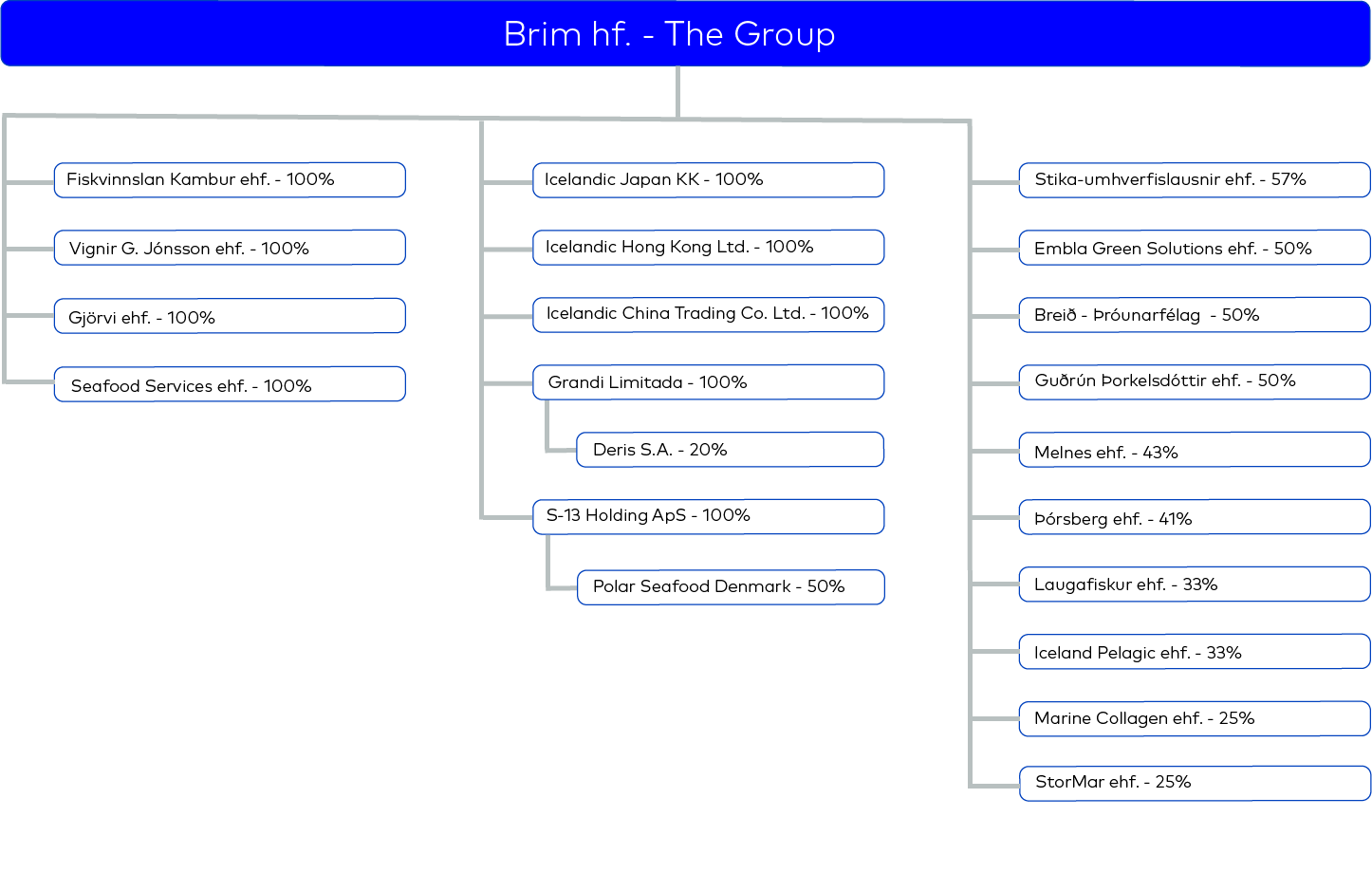
Subsidiaries
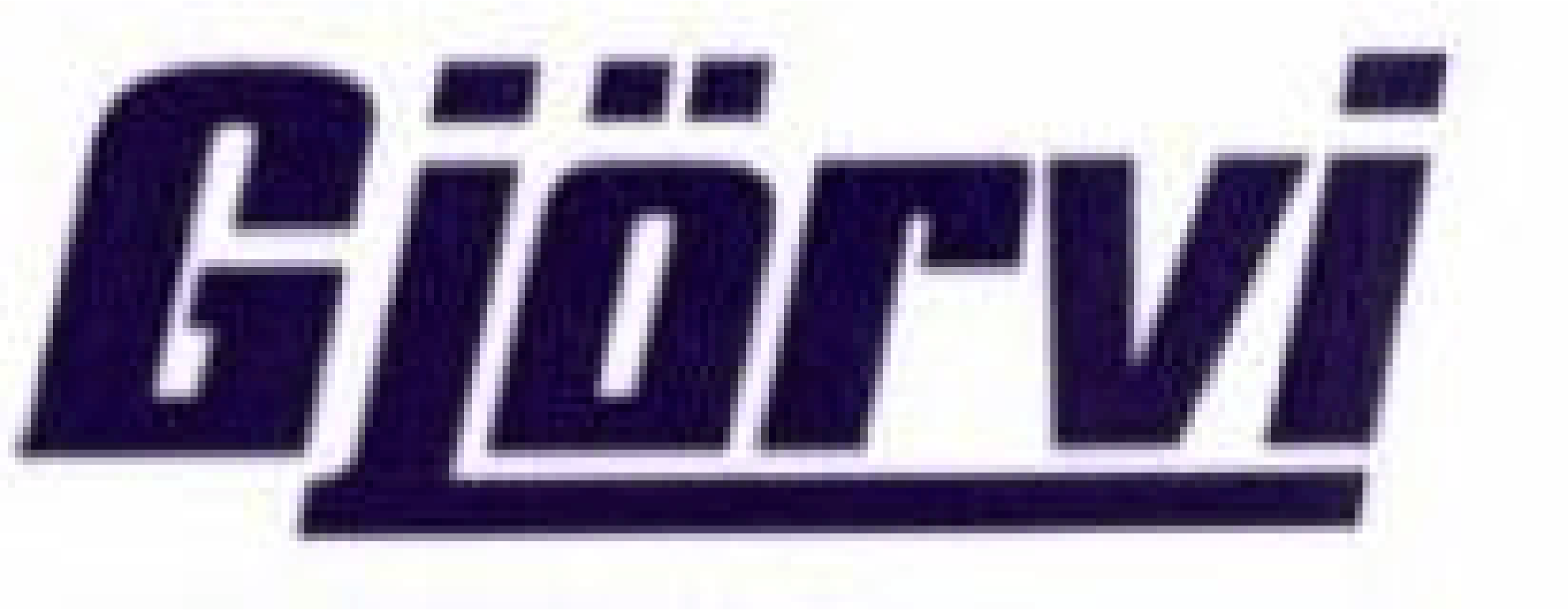
Gjörvi ehf.
Gjörvi ehf. specialises in comprehensive maintenance services for vessels and machinery and construction work, as well as related services, for both domestic and foreign parties.
Operating revenue during the year was EUR 1.5 million. Loss from operations amounted to EUR 0.002 million. Total assets at the end of the year amounted to EUR 0.4 million, while equity was a negative EUR 0.4 million.
Brim owns a 100% share in Gjörvi ehf., and the book value of the holding amounted to a negative EUR 0.3 million.
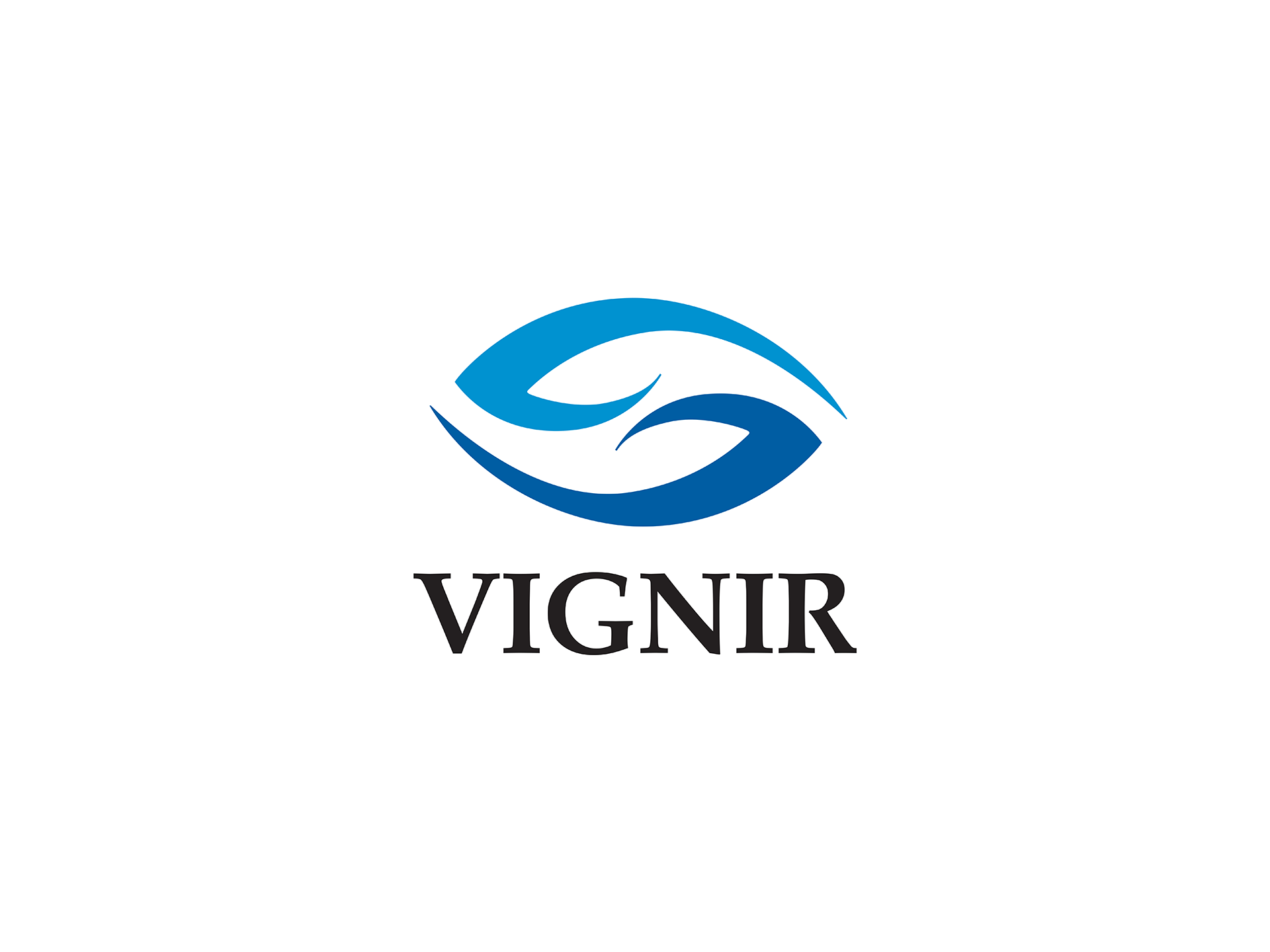
Vignir G. Jónsson ehf.
Vignir G. Jónsson specialises in the final processing of roe and is one of the largest single buyers of lumpfish roe and cod roe in Iceland.
Operating revenue during the year was EUR 16.6 million. Profit from operations amounted to EUR 0.02 million. Total assets at the end of the year amounted to EUR 20.1 million, while equity was EUR 14.0 million, or 70%.
Brim owns a 100% share in Vignir G. Jónsson ehf., and the book value of the holding amounted to EUR 19.8 million at the end of 2023.
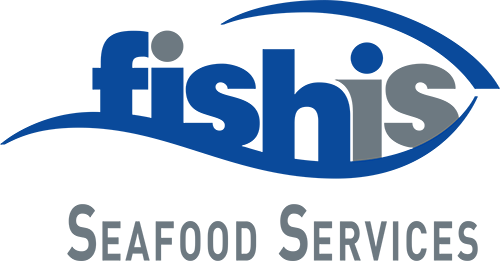
Seafood Services ehf.
Seafood Services ehf. is a service company that specialises in various services to the fishing industry.
Operating revenue during the year was EUR 4.8 million. Profit from the operation was EUR 0.1 million. Total assets at the end of the year amounted to EUR 1.8 million, while equity was EUR 1.3 million, or 76%.
Brim owns a 100% share in Seafood Services ehf., and the book value of the holding amounted to EUR 2.0 million.

Fiskvinnslan Kambur ehf.
Fiskvinnslan Kambur ehf. operates a fish processing plant in Hafnarfjörður. The company’s subsidiaries are Grunnur ehf. and Stapavík hf.
Operating revenue during the year was EUR 17.9 million. Loss from operations amounted to EUR 0.2 million. Total assets at the end of the year amounted to EUR 26.0 million, while equity was EUR 4.9 million, or 19%.
Brim owns a 100% share in Fiskvinnslan Kambur ehf., and the book value of the holding amounted to EUR 18.1 million.
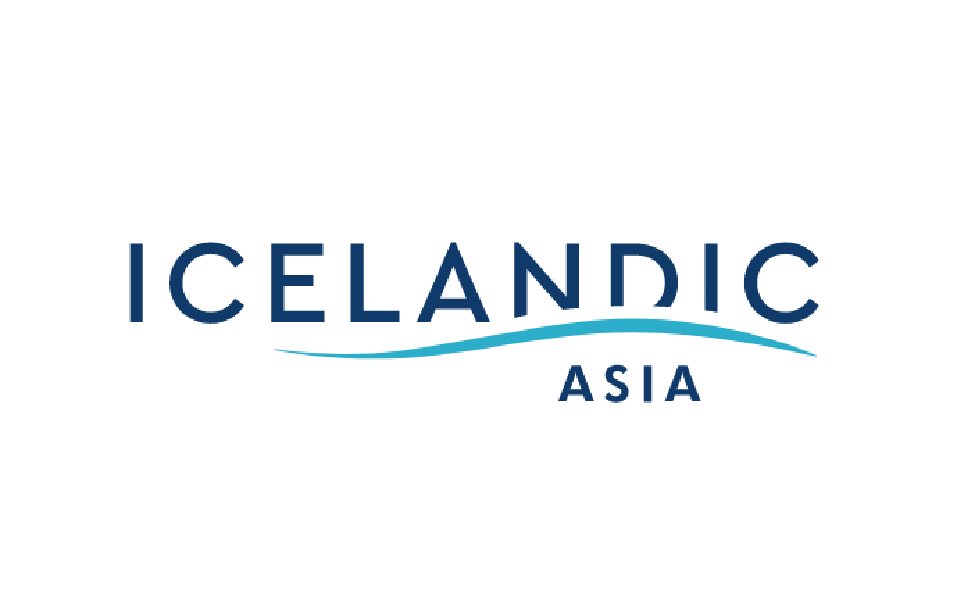
Sales Companies in Asia
Brim owns all shares in three sales companies in Asia: Icelandic Japan KK, Icelandic China Trading Co. Ltd. and Icelandic Hong Kong Ltd.
The companies’ combined operating income during the year amounted to EUR 146.1 million. Profit from operations amounted to EUR 2.4 million. Total assets at the end of the year amounted to EUR 45.3 million, while equity was EUR 20.5 million.
Brim owns a 100% share in the companies, and the book value of the holdings amounted to EUR 32.4 million.

Sólborg ehf.
During the year, Brim acquired all the shares in Sólborg ehf., which owns the freezer trawler Sólborg RE-27.
During the period, there was a loss from the operation in the amount of EUR 3.4 million. Total assets at the end of the year amounted to EUR 79.5 million, while equity was EUR 2.8 million, or 4%.
Brim owns a 100% share in Sólborg ehf., and the book value of the holding amounted to EUR 2.8 million.
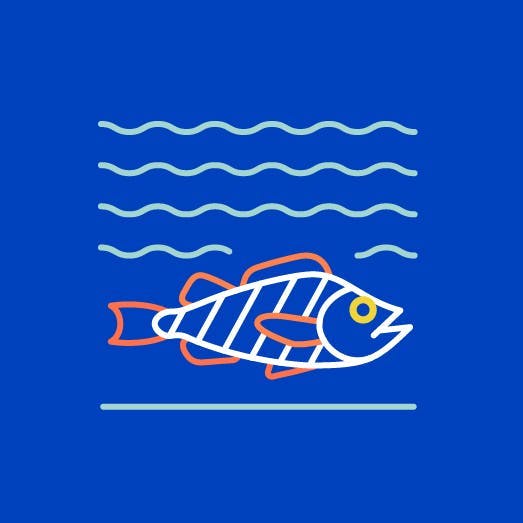
Grandi Limitada
Grandi Limitada is a holding company in Chile that owns a 20% share in Deris S.A.
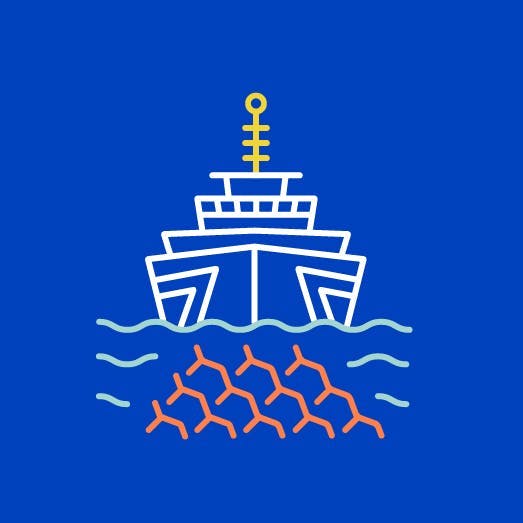
S-13 Holding ApS
During the year, Brim founded the holding company S-13 Holding ApS. in connection with its investment in Polar Seafood Denmark A/S.
A profit from the operation in the amount of 5.0 m€. Total assets at the end of the year amounted to €90.7m, while equity was €46.9m or 52%.
Brim owns a 100% share in S-13 Holding ApS and the book value of the share was €46.9m.
Associated Companies
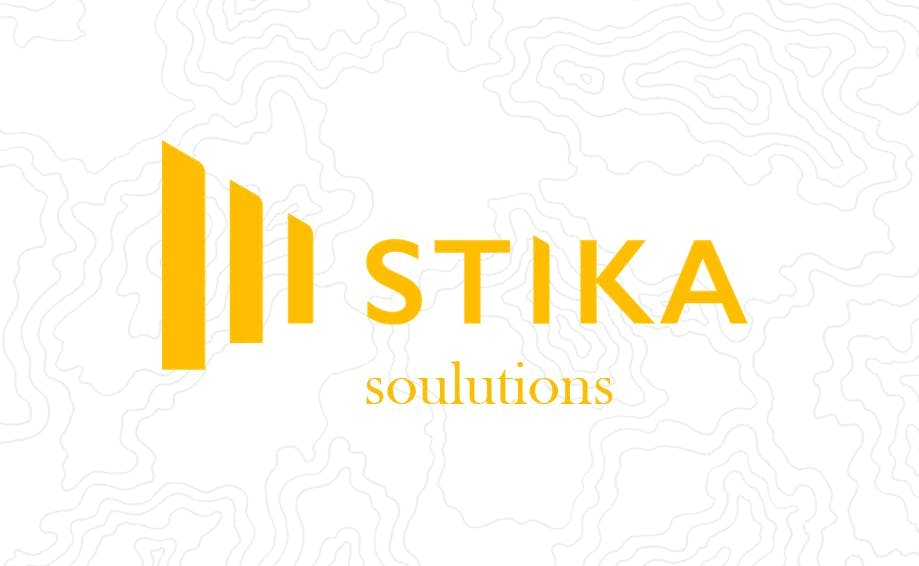
Stika-Environmental System ehf.
Brim owns a 57% share in Stika-umhverfislausnir ehf., which develops software for corporate environmental accounting.
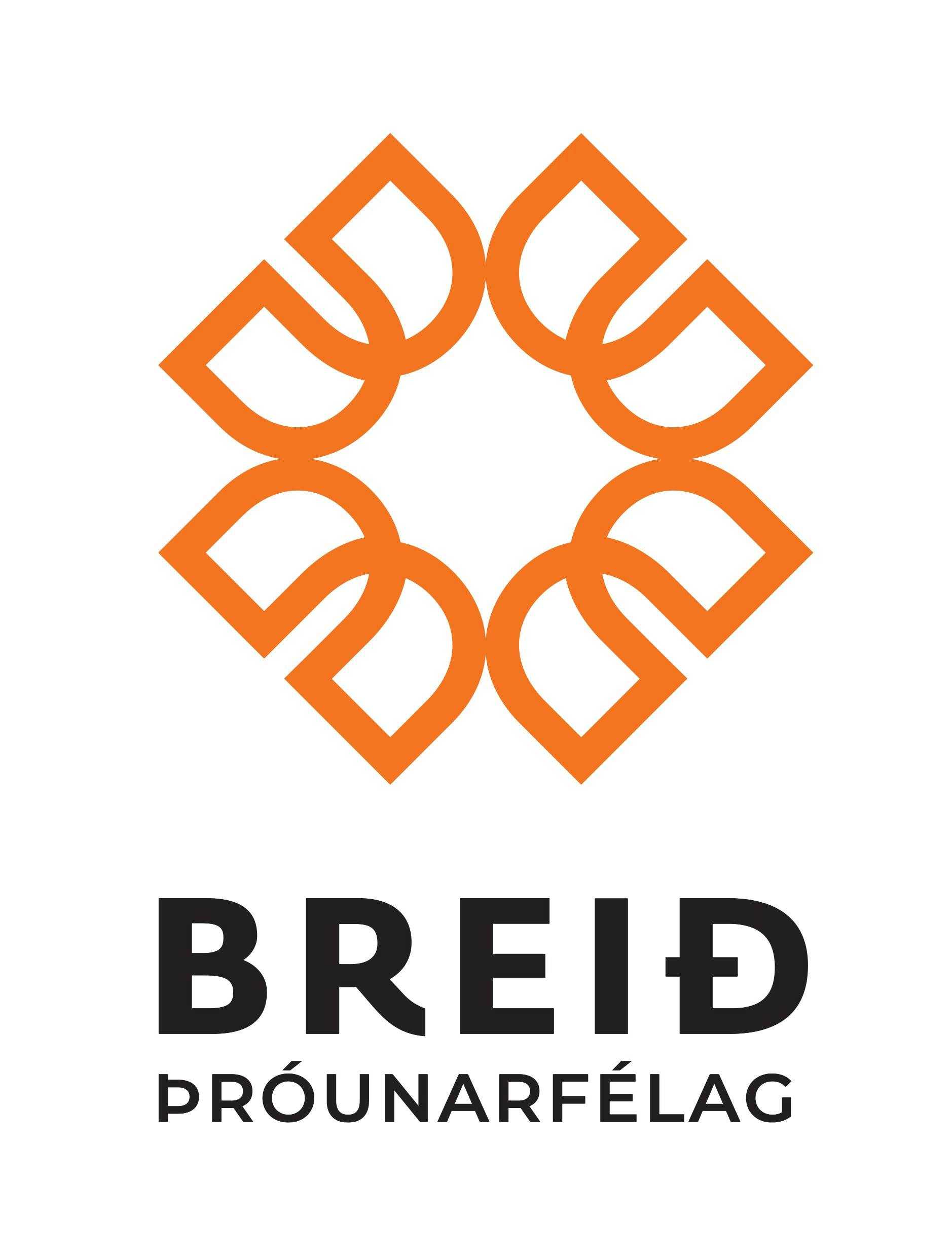
Breið Developmental
Brim owns 50% in Breið Developmental against Akranes municipality. Breið Developmental’s goal is to promote the development of Breiðin in Akranes, with an emphasis on the development of residential housing, increased job opportunities, innovation and creative industries in the area.
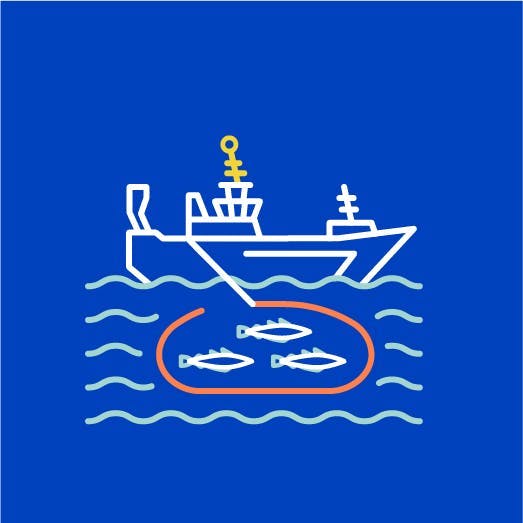
Guðrún Þorkelsdóttir ehf.
Brim owns a 50% share in the fisheries company Guðrún Þorkelsdóttir ehf. The company operates the pelagic vessel Guðrún Þorkelsdóttir SU.

StorMar ehf.
Brim owns a 25% share in Stormar ehf, which handles the export of marine products. Other shareholders are Ísfélag Vestmannaeyja hf., Skinney-Þinganes hf. and Gjögur hf.
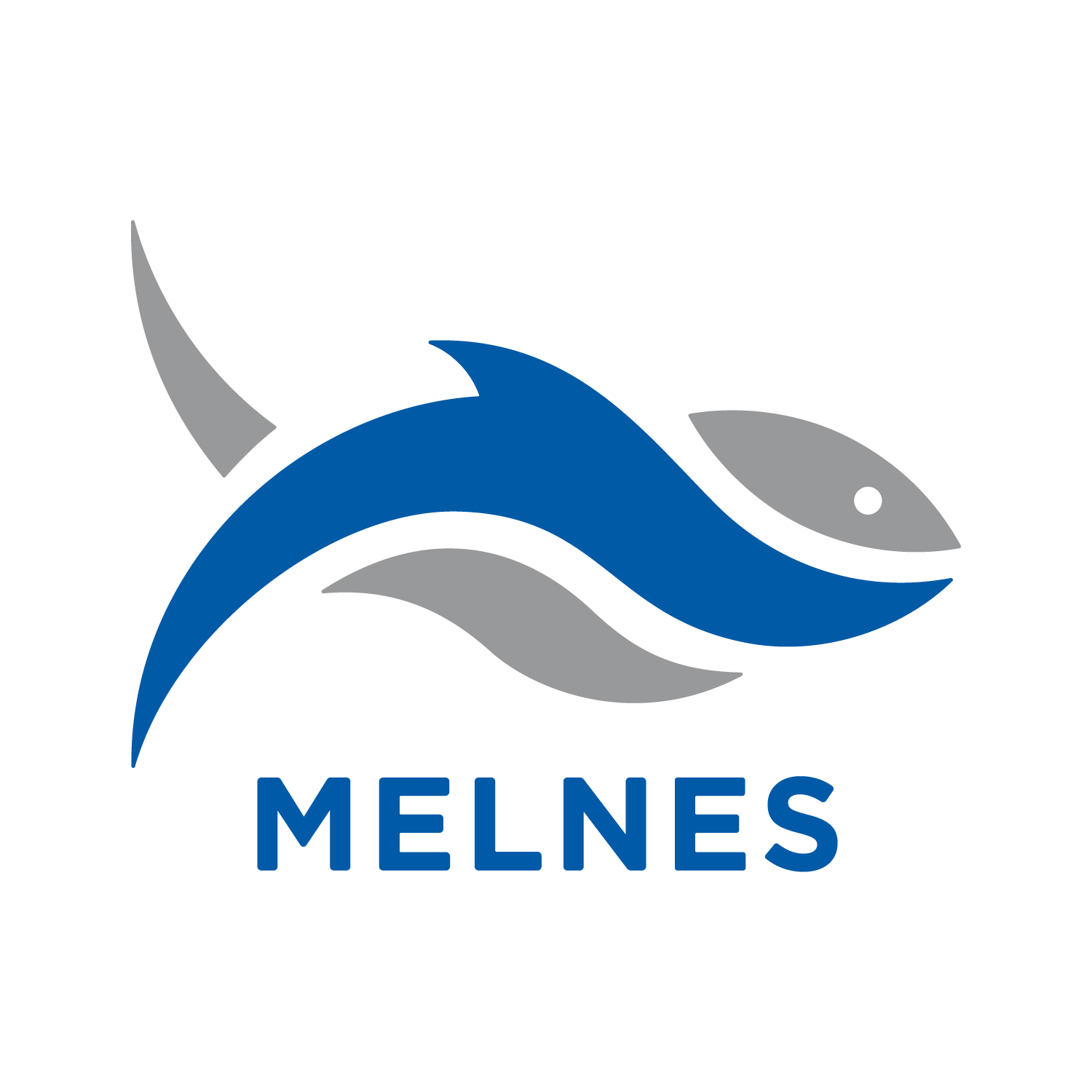
Melnes ehf.
Brim owns a 43% share in Melnes ehf., which is a fisheries company in Rif that operates, i.a. the hook-and-line boat Særif SH-25.
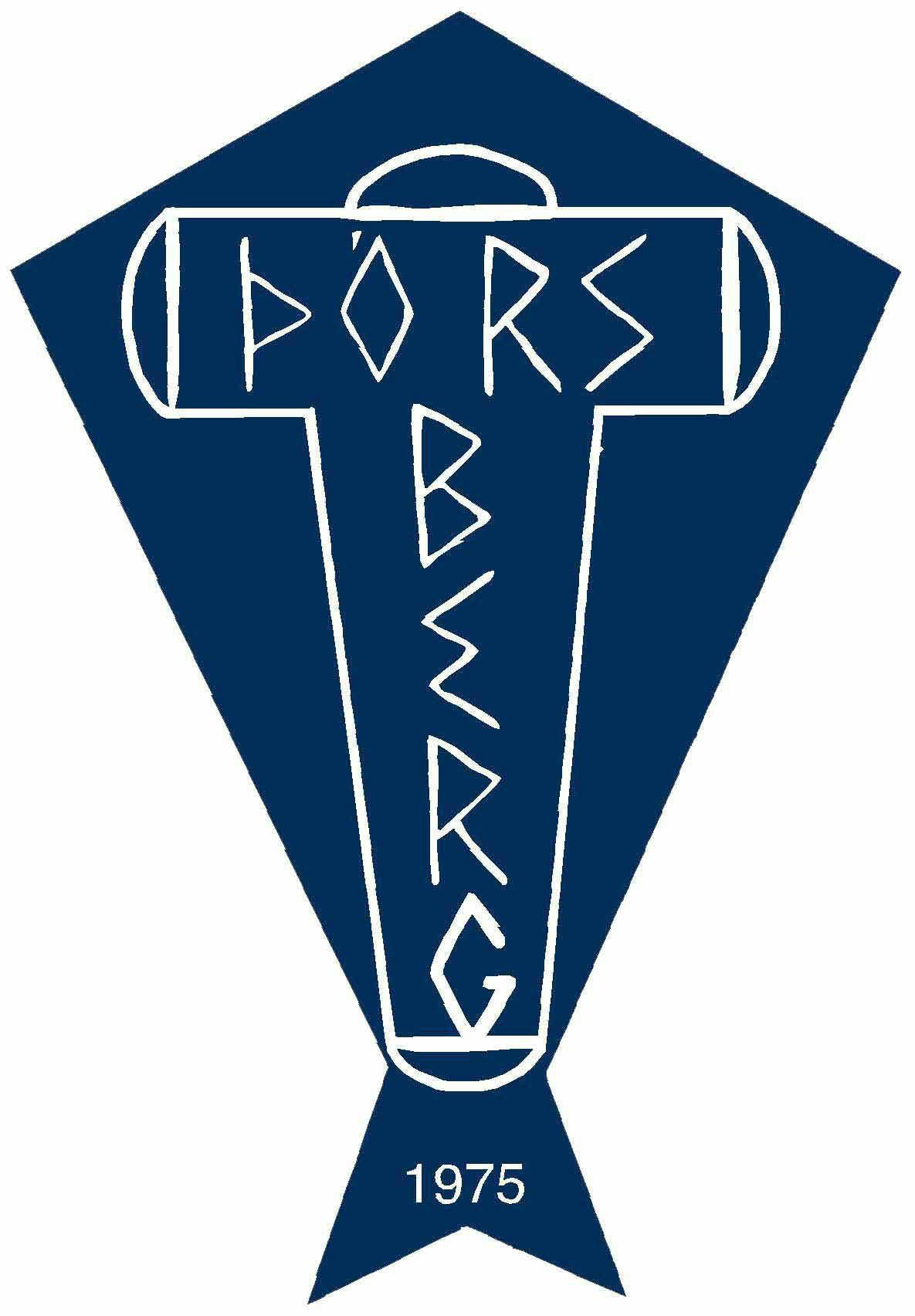
Þórsberg ehf.
Brim owns a 41% share in Þórsberg ehf., which is a fisheries company in Tálknafjörður that operates, i.a. the hook-and-line boat Indriði Kristins BA.
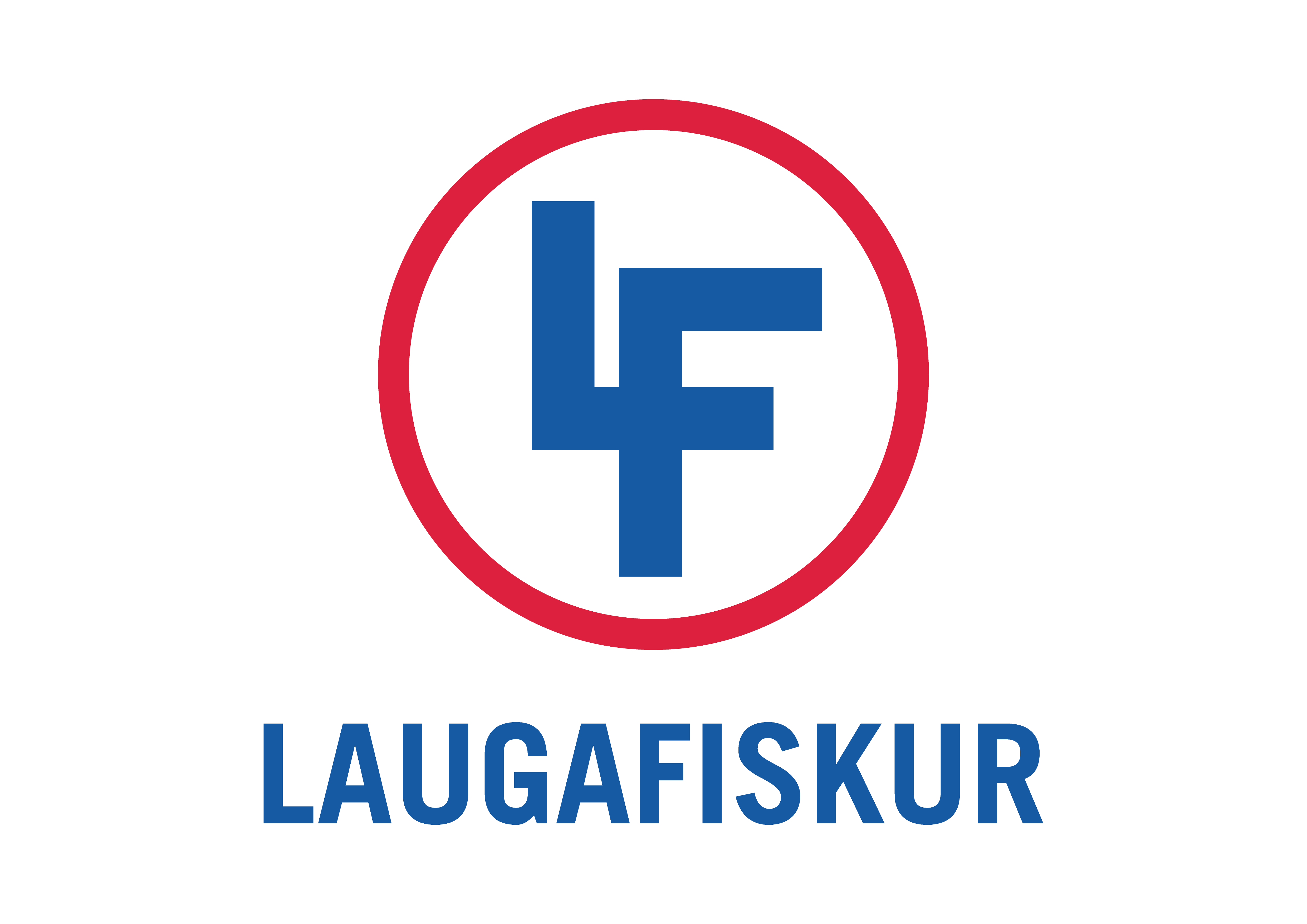
Laugafiskur ehf.
Laugafiskur ehf. operates a fish drying plant in Reykjanes. Brim owns a 33.3% share in the company against Skinney Þinganes hf. and Nesfiskur ehf.
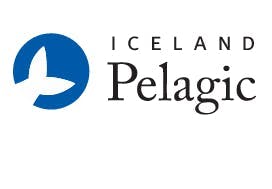
Icelandic Pelagic ehf.
Brim owns a 33% share in Iceland Pelagic ehf. The company specialises in the sale and distribution of frozen seafood products. Other shareholders are Ísfélag Vestmannaeyja hf. and Skinney-Þinganes hf.

Marine Collagen ehf.
Brim owns a stake in Marine Collagen, which aims to produce gelatin and collagen from 4,000 tonnes of fish skin from Icelandic groundfish per year.

Deris S.A.
Brim owns a 20% share in the holding company Deris S.A. in Chile. Deris owns the fisheries companies Friosur and Pesca Chile. The companies operate two freezer trawlers, two longliners that freeze the catch, three wetfish trawlers and one vessel for krill fishing. In addition, it operates one fish processing plant.
Board and Governance
Transactions of Related Parties
Brim’s operations are subject to the rules on transfer pricing, which refer to how related legal entities price transactions between themselves. The rules are intended to ensure that the price determination in transactions between related legal entities is in accordance with prices in comparable transactions between unrelated parties, so that the pricing is in accordance with the so-called arm’s-length rule. The rules only apply when there are certain connections between legal entities that conduct business.
Connection exists when there is a direct and/or indirect connection between the legal entities themselves or when there is a connection between persons who are the majority owners of the legal entities or have administrative control over the legal entities that conduct business. The relationship between the legal entities themselves can be defined directly or indirectly as follows:
- When legal entities are part of the same group, they are unequivocally related legal entities.
- When a legal entity is under the direct and/or indirect majority ownership or administrative control of two or more legal entities within a group, it is considered to be related to all legal entities within the group.
- When a legal entity owns more than 50% in another legal entity indirectly, they are considered related within the meaning of the provision of the Act on Transfer Pricing. If one legal entity is part of a group, the other legal entity is considered to be related to all other legal entities within the group.
Brim sold products to the following related parties in 2023:
- Icelandic Japan, sales of products 15.9 million euros.
- Vignir G. Jónsson, sale of roe 2.6 million euros.
- Fiskvinnslan Kambur, sale of groundfish for processing 0.4 million euros.
- Seafood Services, sale of spines EUR 0.3 million.
- Iceland Pelagic, sale of marine products EUR 48.0 million.
- Laugafiskur, sale of heads 1.5 million euros.
- Storms, sales of products 6.0 million euros
- Marine Collagen, sales of fish skin 0.4 million euros
- Guðrún Þorkelsdóttir, quota rent 0.8 million euros
Other transactions between related parties:
- Útgerðarfélag Reykjavíkur and a subsidiary company sold Icelandic Japan products for 25.5 million euros.
- Seafood Services, which handles product quality control, sold services to Icelandic Japan for EUR 0.8 million and Icelandic Hong Kong for EUR 3.1 million.
- Vignir G. Jónsson sold Icelandic Japan products for 0.5 million euros.
- Fiskvinnslan Kambur sold heads to Laugafisk for 0.5 million euros.
- Icelandic Hong Kong sold Icelandic China products for 3.1 million euros.
- Gjörvi sold Sólborga services for 0.6 million euros.
Other transactions between related parties are insignificant.

Brim also bought products from related parties in 2023:
- Fiskvinnslan Kambur, purchase of products 3.4 million euros.
- Gjörvi skipaþjónusta, purchase of services EUR 0.9 million.
- Seafood Services, purchase of services 0.2 million euros.
- Sólborg, rent 0.6 million euros.
- Guðrún Þorkelsdóttir, raw materials 4.2 million euros.
- Iceland Pelagic, storage fees EUR 1.0 million.
Brim’s other transactions with related parties are insignificant.
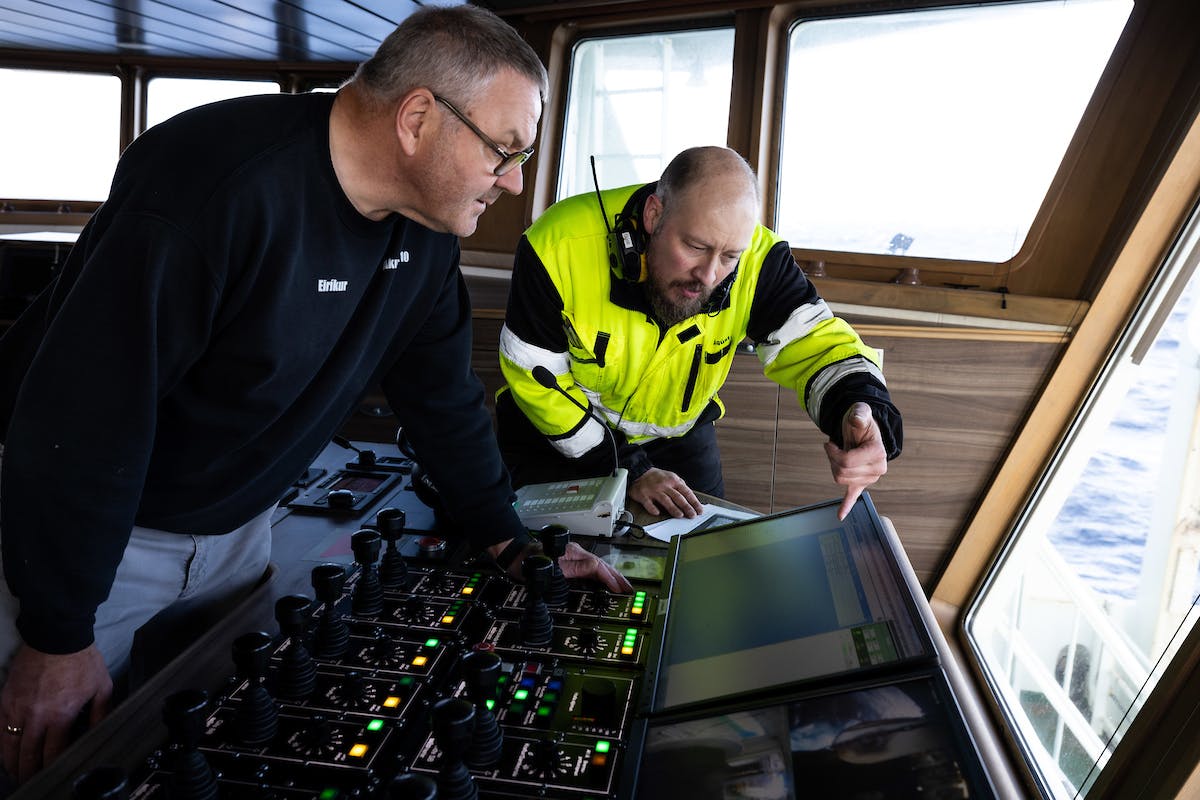
Social
Human Resources
There were an average of 694 full-time employee positions (FTEs) at Brim and its subsidiaries in 2023, and employee turnover was 12.6% for permanent employees. Employee turnover is somewhat higher than in 2022 due to one vessel being sold, and Kambur's employees was moved to Brim's groundfish department. The number of women working at the company increased by 2% between the years 2022 and 2023, and the ratio is now 31% women and 69% men.
The SMETA social audit was carried out in the fish processing plant in Norðurgarður in 2023. The audit relates to the arrangement of personnel matters, occupational health and safety, work environment and business ethics and the result was an excellent rating. Brim is a party to the certification FISH Standard for Crew that Ábyrgar fiskveiðar ses. manages on behalf of Fisheries Iceland (SFS) and the National Association of Small Boat Owners. The FISH Standard for Crew is based on the ILO 188, which is the only international convention that covers the working conditions of fishermen worldwide. The certification relates to the implementation of a social audit of working conditions on fishing vessels.
Social
Education
Brim emphasises the excellent competence of its employees and invests systematically in their education and training. Brim uses an Icelandic electronic education system, LearnCove, which offers central access to training materials, a collaborative platform, adaptation to diverse needs, job- and role-oriented training and multicultural support for learning. Brim and LearnCove have worked together on the development of the educational system. A classroom has been set up in Brim's premises where up to 15 people can take lessons.
The Brim school was launched in autumn 2022 and is the core of professional development, and at the same time it is a tool for employees to seek knowledge. The school’s first steps were taken in collaboration with the Icelandic College of Fisheries. The studies are based on diverse teaching methods, and local as well as online training is offered. In 2023, five employees graduated the Brim School from a 60-credit program in quality management.
Brim has employees from over 25 countries. Emphasis is placed on training in Icelandic, and Icelandic lessons are offered at the workplace. The school seeks ways to make learning fun and arranged in such a way that it supports employees in their interactions with each other and in society. The Icelandic language courses, which are held in collaboration with Mímir, have been in constant development, and work-related learning has been developed at Brim, where employees learn vocabulary related to their work environment.
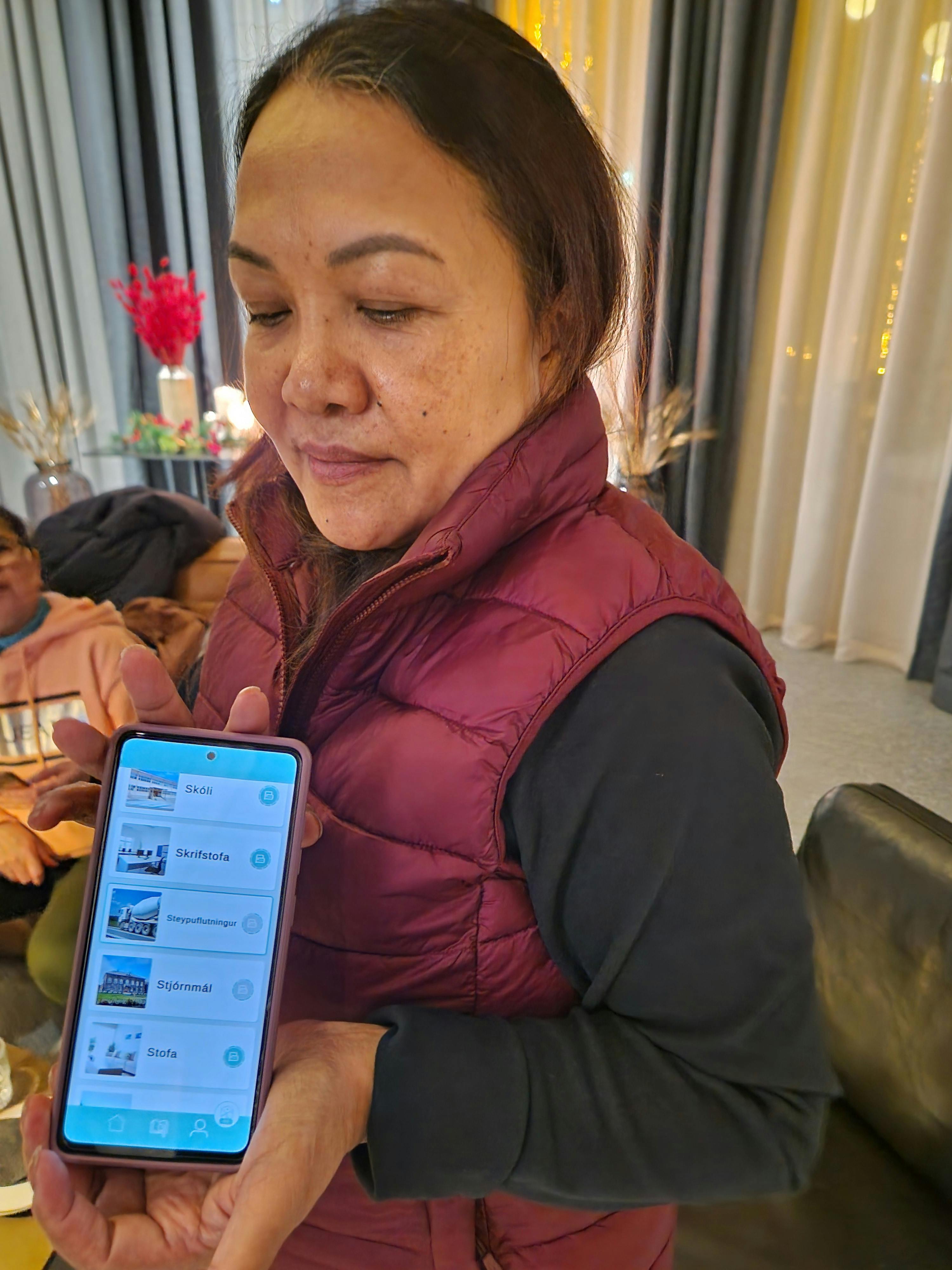
Bara tala (Just Speak) - a different kind of Icelandic lessons
In 2023, a development project was launched in collaboration with Akademias on a new approach to Icelandic lessons. A group from Brim studied Icelandic for four months. The course was largely electronic and used the Bara tala app. The project exceeded expectations and the results of the participants were remarkable. There are plans for the preparation of further promotional material (video, interviews, etc.) and the aim is to present this to the employees of Brim and the Ministry of Education and Culture.

Brim's employees have access to Akademias' electronic educational library, which is used to meet compulsory education but also to strengthen employees in their current work and in development for future opportunities. Brim and Akademias have entered into a cooperation agreement to organise and design courses for education in the fishing industry.
A basic course for fish processing employees is held every other year. The aim of the course is to increase employees’ knowledge of fish processing, increase self-confidence and strengthen professional skills. Employees at sea attend courses at the Maritime Safety and Survival Training Centre, where rescue and safety equipment and the correct response to accidents are taught.
In 2023, all of Brim's employees received training on important aspects of workplace communication. The educational material focuses on improving communication and morale and examines how negative communication can affect workplace culture and promote discomfort. The terms bullying, sexual harassment, gender-based harassment and violence (EKKO) are reviewed, their definitions, manifestations and consequences are discussed, along with reactions if such situations arise in the workplace.
Number of educational hours
| Employees | Hours | |||||
|---|---|---|---|---|---|---|
Course | 2023 | 2022 | 2021 | 2023 | 2022 | 2021 |
Maritime Safety and Survival Training Centre | 32 | 86 | 51 | 255 | 516 | 378 |
Safety Measures | 691 | 16 | 29 | 310 | 16 | 11 |
Fish Processing | 10 | 48 | ||||
New Recruit Course | 40 | 22 | 35 | 4 | 2.5 | 6 |
Icelandic | 17 | 59 | 47 | 226 | 37 | 32 |
Quality Systems | 155 | 146 | 11 | 113857 | 334 | |
Technology | 10 | 20 | 18 | 840 | 6 | 121 |
Other training - personal skills etc. | 249 | 28 | 148 | 214 | 9,5 | 25 |
Total | 1194 | 387 | 339 | 2987 | 722 | 807 |
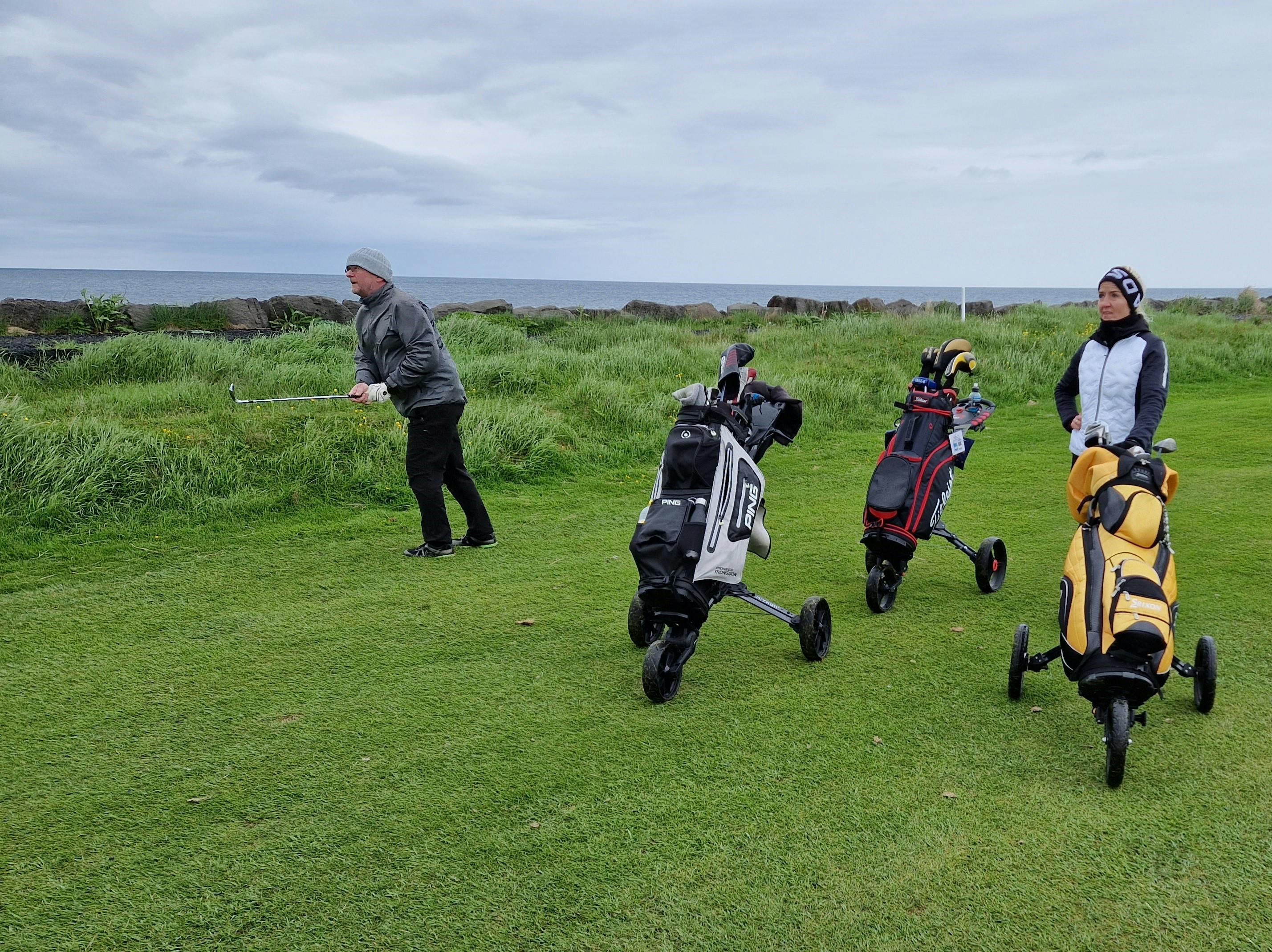
Health and a Healthy Lifestyle
Brim encourages employees to lead a healthy lifestyle. Employees are encouraged to use environmentally friendly means of transport and are offered a transport grant or annual bus pass. In addition, there are electric charging stations at the company’s offices. Sports grants are provided to those who exercise regularly, and all employees are encouraged to take part in national campaigns such as the Life Race (Lífshlaupið) and Cycling to Work (Hjólað í vinnuna).
Food is offered at a reasonable price at the company’s operating units. In addition, doctors and nurses are present every other week at Norðurgarður. Employees are offered an annual health check, counselling, and flu shots.
Brim organised a three-month health promotion in 2023 for employees on all the company's vessels. Practical training and education of various kinds were offered, focusing on diet, and leading experts were consulted in that regard.
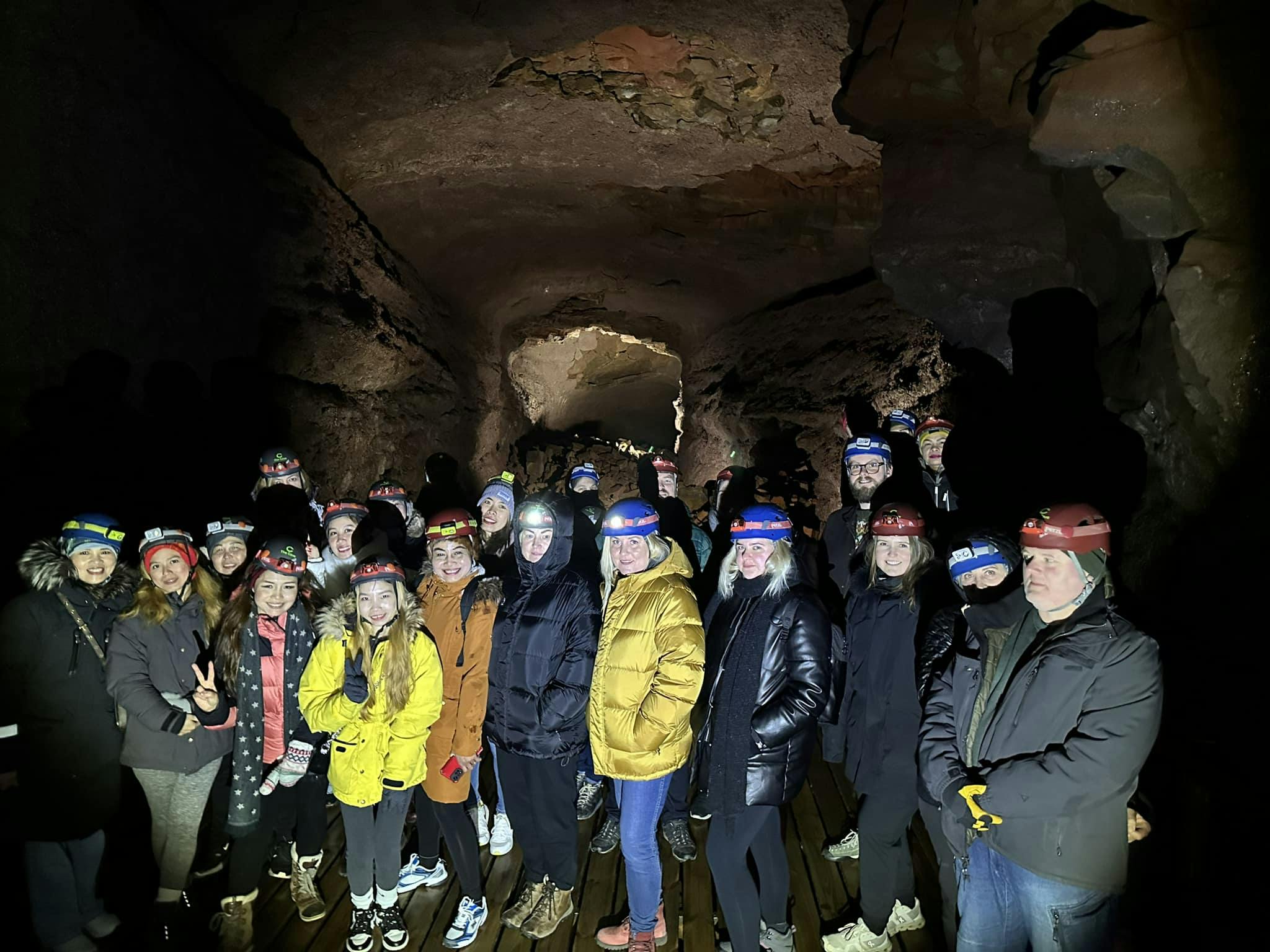
Employees Social Activities
Brim organised various events for employees during the year, such as a field trip, dinners, darts, karaoke, a trip abroad, domestic accommodation and Brim's family day at Reykjavik Park and Zoo. A employee’s golf tournament was held at the beginning of summer at the Seltjarnarnes golf course. In Vopnafjörður, a grand herring feast was held in November, where Brim's employees took care of the food and decorations.
Brimgarður, Brim's employee’s association in Reykjavík, held various events for employees during the year. The company's spring trip was to Keiluhöllin Egilshöll, in the fall an excursion was offered to the Víðgelmir cave, and the year ended with a Christmas buffet and a Christmas ball.
Brim, in collaboration with Associated Icelandic Ports (Faxaflóahafnir) and the Reykjavík Seaman’s Day Committee organised the Seamen's Day festivities at Grandi. The program was varied, and it is estimated that 30-40 thousand people attended the festival. Brim also took part in the Seamen's Day festivities in Vopnafjörður.

Social
Safety Issues
Managers, employees and safety committees are responsible for safety issues. Brim places great emphasis on safety and holds an annual safety day with management and employees. The company offers intensive training, with the aim of building a strong safety awareness among the employees and promoting that everyone gets home safely from work. Managers are responsible for equipment and safety planning in the work areas and operating units they supervise. The company relies on management to lead by good example and that they lead the occupational health and safety work.
In 2023, a new accident registration system, ATVIK, was implemented. All accidents are recorded there, but it is also possible to record tips and near-accidents, and such an overview facilitates preventive measures.
New fire safety control was implemented in Norðurgarður this year.
Safety committees are active in Reykjavík, Vopnafjörður, Akranes and on the company’s vessels. Safety committees meet four times a year and oversee that risk assessments are carried out at the company's operating units. This is in accordance with Regulation on the Organisation and Implementation of Occupational Health and Safety no. 920/2006.
Social
Accidents
Brim is extensively involved in accident prevention and supports accident prevention and rescue efforts both on land and sea. The organisation of safety issues is intended to increase the importance of the subject within the company and strengthen the efficiency of safety measures. Managers are responsible for the safety of their employees, but everyone works together to keep the workplace safe.
Managers are key figures when it comes to leading the company's occupational health and safety work, as their attitude towards safety affects the general attitude of the employees towards the issue. Emphasis is placed on education, prevention, good equipment, strong safety committees, and employees participation in keeping the workplace safe and building a strong safety culture. A safety day is held annually, where the company's safety issues are reviewed.
Fire safety control at the company's headquarters was improved during the year. Brim emphasises that all accidents are recorded, and the procedures and work processes are presented to employees. Absence accidents of employees on land are notified to the Administration of Occupational Safety and Health (Vinnueftirlit ríkisins), the Icelandic Health Insurance (Sjúkratryggingar Íslands) and the insurance company. Absence accidents of workers at sea are notified to the Icelandic Health Insurance, the Icelandic Marine Accident Investigation Board (Rannsóknarnefnd sjóslysa) and the insurance company and a new accident registration system was put into use. This makes it easier for employees to record accidents, near misses and tips about hazards that can cause accidents. The following registrations exist in the system:
- Tips – e.g. hazards in the work environment and unsafe equipment
- Near misses – employees have had near misses in the work environment
- Minor accident – Accidents that can be attended to on-site
- Absence accident – an employee is absent for one day or more
- Threat - bullying, sexual harassment, gender-based harassment, and violence
A total of 62 accidents were reported this year, whereof 28 were accidents on land and 34 were at sea. There has been an increase in registration in the accident registration system, including tips, which indicates greater security awareness among employees.
Fishing and Processing
At the end of the year, the following vessels were in operation at Brim, Kambur and Guðrún Þorkelsdóttir.
Further information on the company’s fleet can be found on the company’s website.
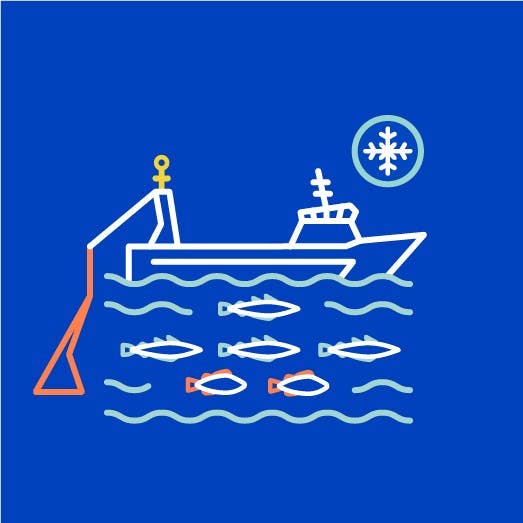
Freezer Trawlers
- Vigri RE
- Örfirisey RE
- Sólborg RE
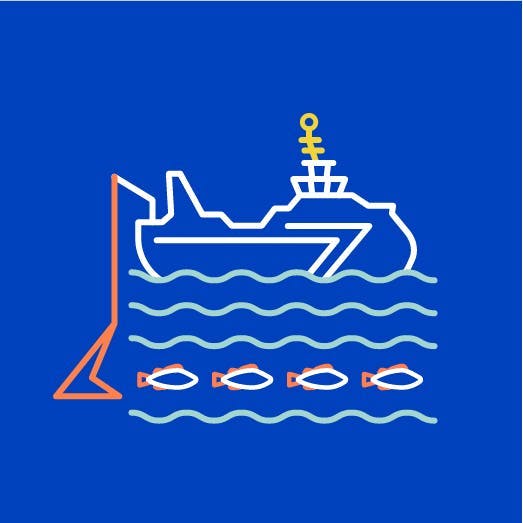
Wetfish Trawlers
- Akurey AK
- Helga María AK
- Viðey RE

Pelagic Vessels
- Venus NS
- Víkingur AK
- Svanur RE
- Guðrún Þorkelsdóttir SU

Liner
- Kristján HF

Fishing and Processing
Groundfish Department
There was an increase to Brim’s groundfish rights in the quota year 2023/2024, or about 1% for cod, 62% for golden redfish and 23% for haddock. However, there was a decrease in halibut by 11%, 7% in pollock, and the catch quota for deep-sea redfish was cancelled. No catch quota was allocated based on catch quota in the Barents Sea defined in Russian jurisdiction for 2023.
Total groundfish fishing increased slightly between years and was 43,545 tonnes against 42,965 tonnes in 2022. Thereof, the total catch of trawlers was 41,779 tonnes, and was 41,225 tonnes in 2022. Landings per fishing day were 27.2 tonnes and were 29.5 tonnes in 2022. The longliner Kristján caught 1,767 tonnes this year, and 1,740 tonnes in 2022.
On 15 August, the freezer trawler Sólborg went on its first fishing tour for Brim, after significant improvements to the ship's processing deck. Örfirisey was in dry-dock for four weeks, during which routine maintenance tasks were carried out. All wetfish vessels stopped for 10–20 days due to various maintenance tasks.
Catch for processing in Norðurgarður was 21,734 tonnes of cod, haddock and redfish, which is a little more than the previous year, when 21,444 tonnes were processed. Considerably less pollock was processed this year compared to previous years, but more haddock.
Processing went well during the year. A new sorter for loose frozen products was put into use, which has proven to be successful. Experiments have also been underway with image analysis of fillets for quality inspection.
Kambur fish processing plant processed 3,741 tonnes of cod and haddock, compared to 5,185 tonnes the previous year.
Catch and value of groundfish trawlers
| 2023 | 2022 | |||
|---|---|---|---|---|
Catch (tonnes) | Value (thousands of euros) | Catch (tonnes) | Value (thousands of euros) | |
Wetfish trawlers | 23,934 | 46,843 | 24,930 | 48,628 |
Akurey | 7,709 | 15,186 | 7,033 | 13,776 |
Viðey | 7,403 | 14,432 | 8,531 | 16,347 |
Helga María | 7,054 | 13,181 | 7,626 | 14,297 |
Kristján* | 1,767 | 4,044 | 1,740 | 4,209 |
Freezer trawler | 19,612 | 57,456 | 18,035 | 57,628 |
Örfirisey | 7,296 | 22,040 | 9,280 | 32,084 |
Vigri | 9,513 | 27,577 | 8,755 | 25,593 |
Sólborg | 2,802 | 7,839 | 0 | 0 |
Total | 43,545 | 104,299 | 42,965 | 106,256 |
Groundfish catch for processing (tonnes)
| 2023 | 2022 | |||||
|---|---|---|---|---|---|---|
Norðurgarður | Kambur | Total | Norðurgarður | Kambur | Total | |
Cod | 10,161 | 2,015 | 12,176 | 10,835 | 4,128 | 14,963 |
Saithe | 4,370 | 4,370 | 6,101 | 57 | 6,158 | |
Redfish | 5,563 | 5,563 | 4,284 | 4,284 | ||
Haddock | 1,640 | 1,726 | 3,366 | 224 | 1,000 | 1,224 |
21,734 | 3,741 | 25,475 | 21,444 | 5,185 | 26,630 |

Fishing and Processing
Pelagic Department
The total catch of the pelagic vessels Venus, Víkingur, and Svanur was similar between 2023 and 2022, or 152,000 tonnes, compared to 151,000 tonnes the previous year.
The pelagic vessel Guðrún Þorkelsdóttir, in which Brim has a 50% share, had a similar catch to the previous year, or almost 13,000 tonnes.
At the beginning of the year, it was not expected that there would be much capelin fishing, and the pelagic vessels began fishing for blue whiting in January south of the Faroe Islands.
Capelin fishing started relatively slowly at the beginning of February, but as the month progressed it was clear that the quotas would be considerably higher than expected. Fishing then began at full throttle and it exceeded expectations and it was possible to fully utilise the company's allocated quotas.
Blue whiting fishing was resumed in April and lasted until mid-May.
Mackerel fishing started at the end of June and lasted until the end of August, and went well. Like the previous year, the ships cooperated in the fishing, so that one of the ships always caught fish until it had enough catch to be landed, and then the next and so on and so forth.
Herring fishing from the Norwegian-Icelandic herring stock began immediately afterwards, and two of the vessels did the fishing, which ended in mid-October. The third pelagic vessel, however, went blue whiting fishing in Icelandic territorial waters and fished more than 9,000 tonnes of blue whiting in just over a month.
The remainder of the Icelandic herring was caught in November, and went on Christmas break early this year.
In Akranes, the reception of capelin began at the beginning of March and lasted the whole month, and the factory and roe processing were running at full capacity. Three loads of blue whiting were received in April.
In Vopnafjörður, pelagic freezing and processing of meal and fish oil was carried out for most of the year, just like last year.
Catch and value of Pelagic Vessels
| 2023 | 2022 | |||
|---|---|---|---|---|
Catch (tonnes) | Value (thousands of euros) | Catch (tonnes) | Value (thousands of euros) | |
Venus | 54,172 | 21,825 | 58,145 | 19,646 |
Víkingur | 52,362 | 21,093 | 51,959 | 18,523 |
Svanur | 45,575 | 18,043 | 41,048 | 15,787 |
Total | 152,109 | 60,962 | 151,151 | 53,956 |
Frozen Pelagic Products (tonnes)
| 2023 | 2022 | |||||
|---|---|---|---|---|---|---|
Akranes | Vopnafjörður | Total | Akranes | Vopnafjörður | Total | |
Frozen capelin | 5,624 | 5,624 | 5,048 | 5,048 | ||
Capelin roe | 2,244 | 3,029 | 5,273 | 1,780 | 748 | 2,528 |
Herring | 9,319 | 9,319 | 8,102 | 8,102 | ||
Mackerel | 7,470 | 7,470 | 8,896 | 8,896 | ||
2,244 | 25,442 | 27,686 | 1,780 | 22,794 | 24,574 |
Catch Received in Fishmeal Plants (tonnes)
| 2023 | 2022 | |||||
|---|---|---|---|---|---|---|
Akranes | Vopnafjörður | Total | Akranes | Vopnafjörður | Total | |
Capelin | 21,309 | 28,797 | 50,106 | 38,966 | 42,841 | 81,807 |
Herring | 13,790 | 13,790 | 3,018 | 13,898 | 16,915 | |
Mackerel | 18,570 | 18,570 | 11,362 | 11,362 | ||
Blue Whiting | 5,745 | 59,456 | 65,201 | 39,633 | 39,633 | |
Other | 4,071 | 96 | 4,167 | 2,234 | 76 | 2,310 |
Total | 31,124 | 120,708 | 151,833 | 44,217 | 107,811 | 152,028 |
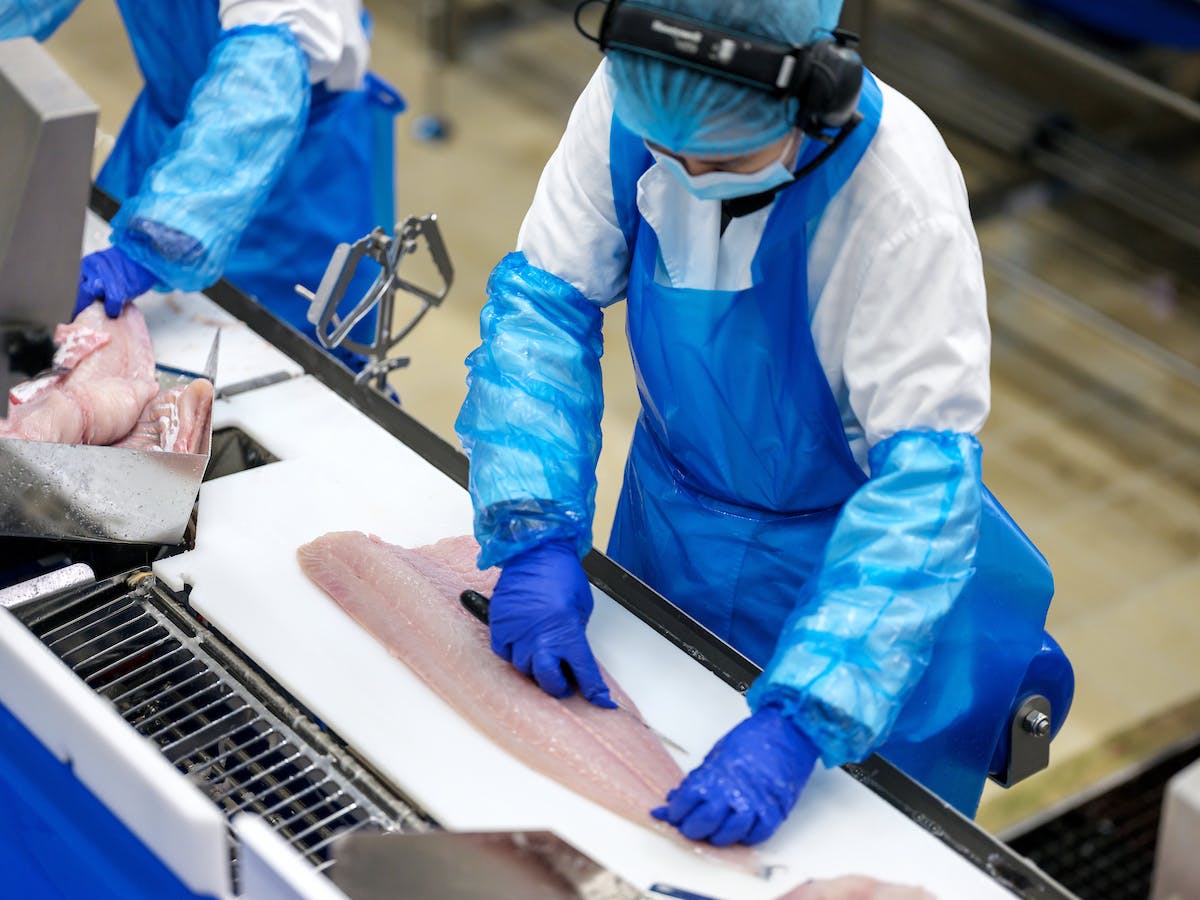
Quality
Quality Certifications
All Brim’s operating units on land and at sea are subject to the official monitoring of the Icelandic Food and Veterinary Authority (Matvælastofnun, MAST), which makes sure that laws and regulations are complied with. MAST’s monitoring operations are based on inspections, which in some cases are carried out without any notice.
The company’s operations in the processing plants in Reykjavík and Vopnafjörður are certified in accordance with the IFS standard (International Feature Standard-Food). This is an internationally recognised standard, and one of the most used in the field of food safety, along with ISO and BRC. These main standards of food safety are co-ordinated under the banner of the Global Food Safety Initiative (GFSI). The activities of Vignir G. Jónsson and Brim’s fish processing plant in Norðurgarður are audited by the FDA (Food and Drug Administration in the USA). All operating units have the MSC (Marine Stewardship Council) traceability certification, and the company uses the IRF (Iceland Responsible Fisheries) certification for the company’s fishing.
The fishmeal and oil plant in Akranes and in Vopnafjörður are certified according to the FEMAS standard (Feed Materials Assurance Scheme). FEMAS is an international feed safety standard for products produced for animal feed, and the plants in Akranes and Vopnafjörður were both audited during the year.
The company’s certified quality systems intend, among other things, to assess customer satisfaction. The procedure provides for the assessment reaching customers representing at least 80% of the company’s turnover. This assessment is performed on a yearly basis. The result of the assessment for 2023 was that 30 customers were assessed in category A and 5 in category B. The situation is therefore considered to be very good and no action is needed.
There were no recalls during the year 2023, neither due to labelling nor for other reasons, and no serious deviations from the company’s rules regarding disclosure or labelling of the company’s products were documented.
Brim's Quality
- That products produced by Brim are of the right quality and meet the expectations of the company's customers.
- That products are delivered in the agreed volume at the agreed time and in the right condition.
- Brim works to minimise the environmental impact of fishing, processing and transporting products.
- Brim works with integrity in harmony with society, with the company's employees and customers.
Brim's Quality Policy is signed by the company's CEO. Brim has also set more detailed quality goals that are linked to individual production units, certificates and standards.
Quality
Traceability
Brim’s fishing operations rely solely on wild stock, and the company’s products consist, in all cases, of pure and naturally healthy marine produce. Product traceability is an important part of food production, and the food and feed safety system of Brim is based on being able to trace the product from its origins all the way to the customer. Detailed information on catches is recorded, such as fishing areas, fishing gear, the composition of the catch, volumes, etc. The origin of the raw material in processing is recorded, and information on the origin of the product is provided to the buyer. In addition, all information on the end destination of all products is maintained. Thus, all products are traceable from fishing to the buyer. This traceability is tested on a regular basis by the company’s internal controls as well as by external audits of the systems of the company, including in audits relating to certifications of origin.
The products of the company are in all cases labelled in accordance with rules on the labelling of marine products. This means that it is always clear what species of fish and fishing area is involved, as well as what type of fishing gear was used.
Marketing
Marketing
Sales companies owned by Brim are mostly responsible for the sale of the company’s products, but in addition to them, Brim employs three sales managers. Icelandic Japan, Icelandic China and Icelandic Hong Kong, which are owned by Brim, handle sales of the company’s products in Asia. Iceland Pelagic, in which Brim owns 33%, handles sales and distribution to the Eastern European market, which consists mostly of frozen pelagic product. Brim’s sales managers sell fresh and frozen products in Western Europe and the US. Sales of fishmeal and fish oil products are entirely handled by the employees of Brim’s pelagic department.
Sales of pelagic products were successful during the year, and the markets for meal and fish oil were particularly good. A slight decrease is expected in the first quarter, but the final prices have not been released yet.
There was a lot of pressure on prices for frozen sea products, which were historically high at the beginning of the year. Prices gave way until the end of the year, but the process had slowed down significantly and some species began to remain stable towards the end of the year. Demand remained good despite falling prices, high storage costs and financing expenses in our trading countries, and uncertainty among buyers in such a situation.
At the end of the year, things were looking up and there are hopes that the market will turn from a buyer's market to a seller's market when it gets further into 2024.
Market conditions for frozen products have changed so that the HORECA (Hotel – Restaurant – Catering) markets have been growing stronger after the desire to travel increased and visits to restaurants increased. However, the retail market has slowed down. The import of cod of Russian origin to the United States will be shut down at the end of May. Markets in Europe have been under pressure as a result, as it has been assumed that goods of Russian origin will arrive in Europe in greater numbers. It is expected that this will lead to increased opportunities on the American market for Icelandic fish.
Sales of fresh produce was successful during the year, the prices were very strong at the beginning but gave way slightly as the year went on. Overall, prices were historically high.
Innovation
Collaboration on Innovation
Brim has collaborated with various universities for years. Examples of successful student projects in 2023 are two master's projects at Danmarks Tekniske Universitet (DTU) and one BSc project in the field of engineering and a final project in fisheries at the University of Akureyri. All the projects have that in common that they are carried out in collaboration with students, academic employees of the universities and Brim's employees, and aim to increase value creation and reduce the environmental impact associated with Brim's activities.
Cooperation has been established at the University of the Arts, the University of Iceland and the University of Reykjavík about Brim's participation in courses and internships, which gives university students the opportunity to learn about the operations of a progressive fisheries company.
Brim is also collaborating with the Icelandic software company LearnCove and Akademias on the development and operation of the Brim School. A variety of educational materials, as well as more formal studies, are available, and 5 students of the Brim School graduated from the Quality Management course from the Icelandic College of Fisheries. There are several more examples of innovation collaboration, for example, in 2023, Brim supported the company Hugmyndasmiðir with the development of Meistarabúðir, a course for kids who want to learn how to get ideas that can change the world.
We have various kinds of collaboration with domestic and foreign organisations. With Matís, we are working on product development and mapping of raw materials, and with the Marine Research Institute, we are focusing on knowledge acquisition regarding the marine environment. With Business Iceland, emphasis has been placed on the development of the Seafood from Iceland brand and cooperation on the use of data with the Ministry of Food, the Directorate of Fisheries, Matís, the Marine Research Institute, etc. Collaboration with domestic institutions often extends beyond Icelandic borders, for example the reading of micromarks on mackerel and herring.
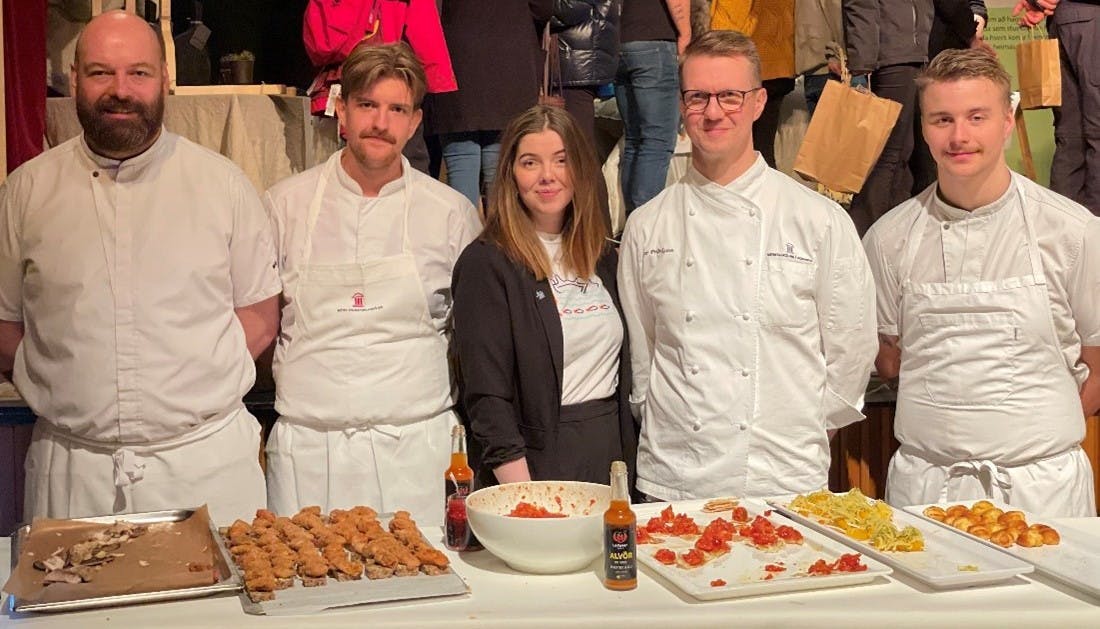
Innovation
Austurland Food Festival
A lot of food is processed in East Iceland. At Brim in Vopnafjörður, the production of frozen food products from pelagic fish has been over 20 thousand tonnes per year. The Matarauður Austurlands food festival is held annually and reflects the diversity of food production in the region. Brim participated in the festival in 2023 in collaboration with Menntaskólinn in Kópavogur, where students and teachers at the school used ingredients from Brim to prepare delicious dishes for festival goers.

Innovation
Breið Developmental
In 2020, Brim and Akranes Municipality entered into an agreement to establish Breið Developmental, but the company's mission was to create new job opportunities based on development, creative industries and innovation, but also to develop an altered planning in Breiðin. This decision has proven successful. The first project was to convert Brim's old fishing processing plant into an innovation centre. Today, close to one hundred people work in the old fish processing plant in very diverse jobs. The agreement between Brim and Akranes Municipality has been extended until the end of 2026.
New business ventures have been created on the basis of ingenuity and innovation. The innovative companies Running Tide, Norður, Algó and Sedna Biopack have an office in the Breið Innovation Centre. There is also a biotechnology workshop, which is an open collaborative space in biomass research, and focuses on value creation from kelp, algae and stone crabs. Within the centre's walls you can also find the Fab Lab workshop, innovation in language technology and a number of other dynamic companies and organisations such as KPMG, Efla and the Association of Municipalities in West-Iceland.
Cooperation is emphasised in Breiðin’s activities, both within the innovation centre and with universities, educational institutes and companies, both domestically and abroad. Grants have been applied for various projects in the field of research and innovation, and a number of art exhibitions and design events have been held. The development of Breiðin highlights the importance of working with a holistic concept of sustainable development, which is based on infrastructure, innovation, technology and human resources. In accordance with that, the preparation of a new land-use plan for Breiðin is ahead, in line with the winning proposal of the concept competition held in the summer of 2022.
Innovation
Innovation Week
Brim was among the sponsors of Innovation Week in 2023 and offered, among other things, a visit to the company’s processing plant in Norðurgarður, in co-operation with Marel. The processing plant was renewed in 2020, and high-tech equipment from Marel is an important part of it, with the aim of increasing the utilisation of raw materials and automation in the processing. During Innovation Week, the focus was on climate-related innovation. In recent years, Brim has worked on various projects that add value and reduce greenhouse gas emissions.
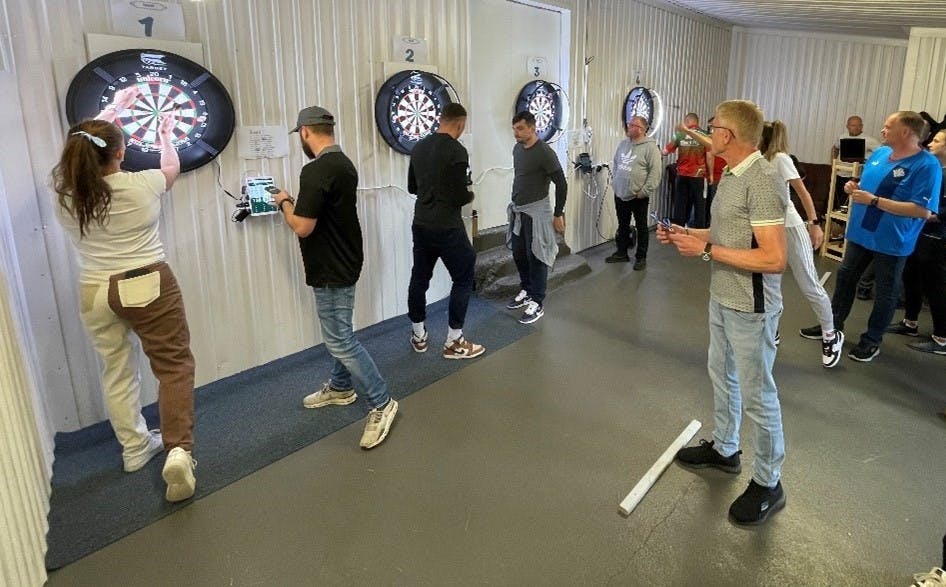
Community
Fiskhúsið in Vopnafjörður
In the spring of 2023, Brim completed the purchase of the Fiskhúsið in the centre of Vopnafjörður. The house was built in 1886 as a warehouse by the Danish store Örum og Wulffe. The building was extensively altered in the first half of the 20th century, and a freezing plant and slaughterhouse was operated there from 1932. For years the car repair shop of Kaupfélag Vopnfirðinga was housed there, and a fish market for a while. In recent years it has been used as a storage facility. Brim purchased the building with community development as its goal, and today the building houses, amongst other things, the artist Sigrún Lára Shanko, Pílufélag Vopnafjarðar and the thrift market Hirðfíflin, which has supported the Sundabúð nursing home with generous gifts in the past years.
A Christmas party was held in Fiskhúsið, and part of the Vopnaskak town festival took place in the building in 2023. On Seaman's Day, Brim served soup in Fiskhúsið, where guests enjoyed the mild weather to the sound of accordion playing, before going to a dance in the community centre Mikligarður, which Brim organised.
Community
The Fishing Industry and Young People
It is important that young people get the chance to learn about the modern fishing industry. In 2023, Brim welcomed students from Vopnafjörður, Akranes and elsewhere and presented the company's activities to them.
Brim manages the activities of the Fisheries School for Young People in Reykjavík in consultation with several fisheries companies and the University of Akureyri's Fisheries Centre.The Fisheries School was attended by 70 young people in work schools in Reykjavík, Kópavogur and Seltjarnarnes in the summer of 2023.
A presentation from Brim's employees is part of the course, there are field trips on board Brim's vessels and land processing plants and discussions about Brim's history and the company's activities. Students learn about the history of fishing and fish processing, quota systems, fish species, marketing, quality issues, safety issues and innovation. Other companies are visited and their employees give lectures. The Fisheries School has been operating since 2013 in East-Iceland, since 2017 in North-Iceland and since 2019 in Reykjavík.
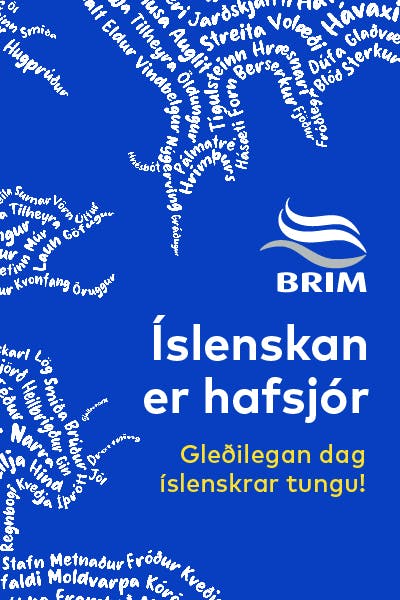
Community
Collaboration With The Icelandic Literary Association
Brim entered into a collaboration and sponsorship agreement with The Icelandic Literary Association and became a sponsor of the association from 2021 to 2025. Fishing is intertwined with Icelandic language and culture in a variety of ways. Brim launched a campaign on the company’s website on the Icelandic Language Day to remind people that seafaring and fishing are intertwined with Icelandic culture and language, as can be clearly seen in numerous proverbs and sayings that reference that.
Health Days in Vopnafjörður
In 2022, it was decided to embark on a joint educational and health project with Vopnafjörður district. Since it was successful, the project has been continued and is based on cooperation with preschools, primary schools, the community centre and the association of senior citizens. Brim's employees in Vopnafjörður will continue to play a key role in this project.
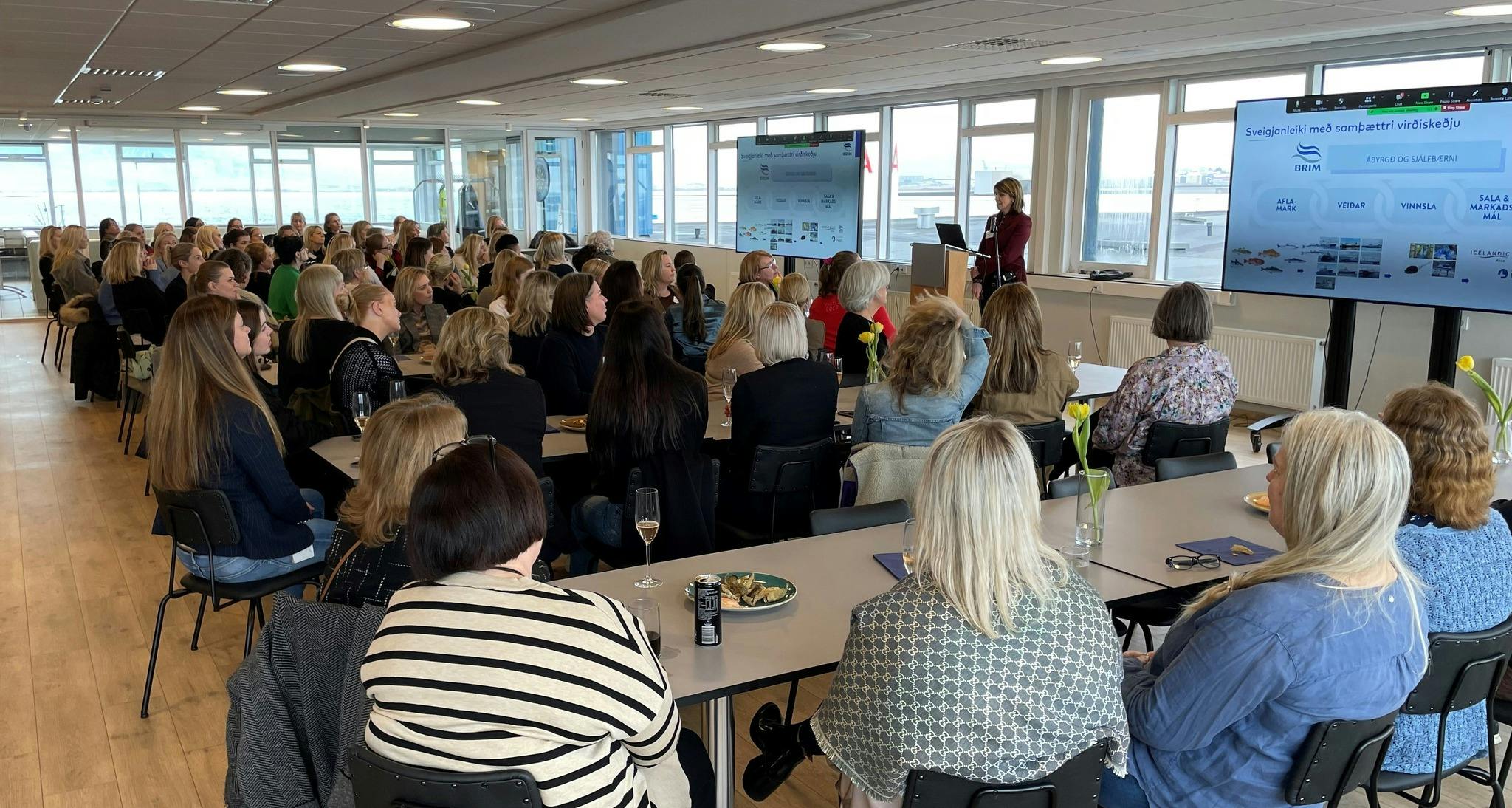
Community
Presentation of Brim’s Activities
Brim's employees has made an effort to promote the company's activities and also the Icelandic fishing industry, past and present. In 2023, we welcomed a diverse group of domestic and foreign students, politicians and civil servants, representatives of non-governmental organisations, and others. The main aspects of the company's activities, policy in environmental and social issues are covered, and in some cases tours are taken on board ships and in Brim's land processing plant. In 2023, we welcomed various partner companies of Brim, representatives of pension funds, the Association of Environmentalists, the Rotary Club of Reykjavík, Association of Women in the Fishing Industry, MBA students from Rotterdam, students from the Technical School, the University of Akureyri and the University of Iceland, elementary school students from Akranes and from Sjálandsskóli, a group of former ambassadors to Iceland and a group of companies from Greenland and the Faroe Islands who wanted to learn about Brim's priorities related to the implementation of the European Union's CSRD directive.